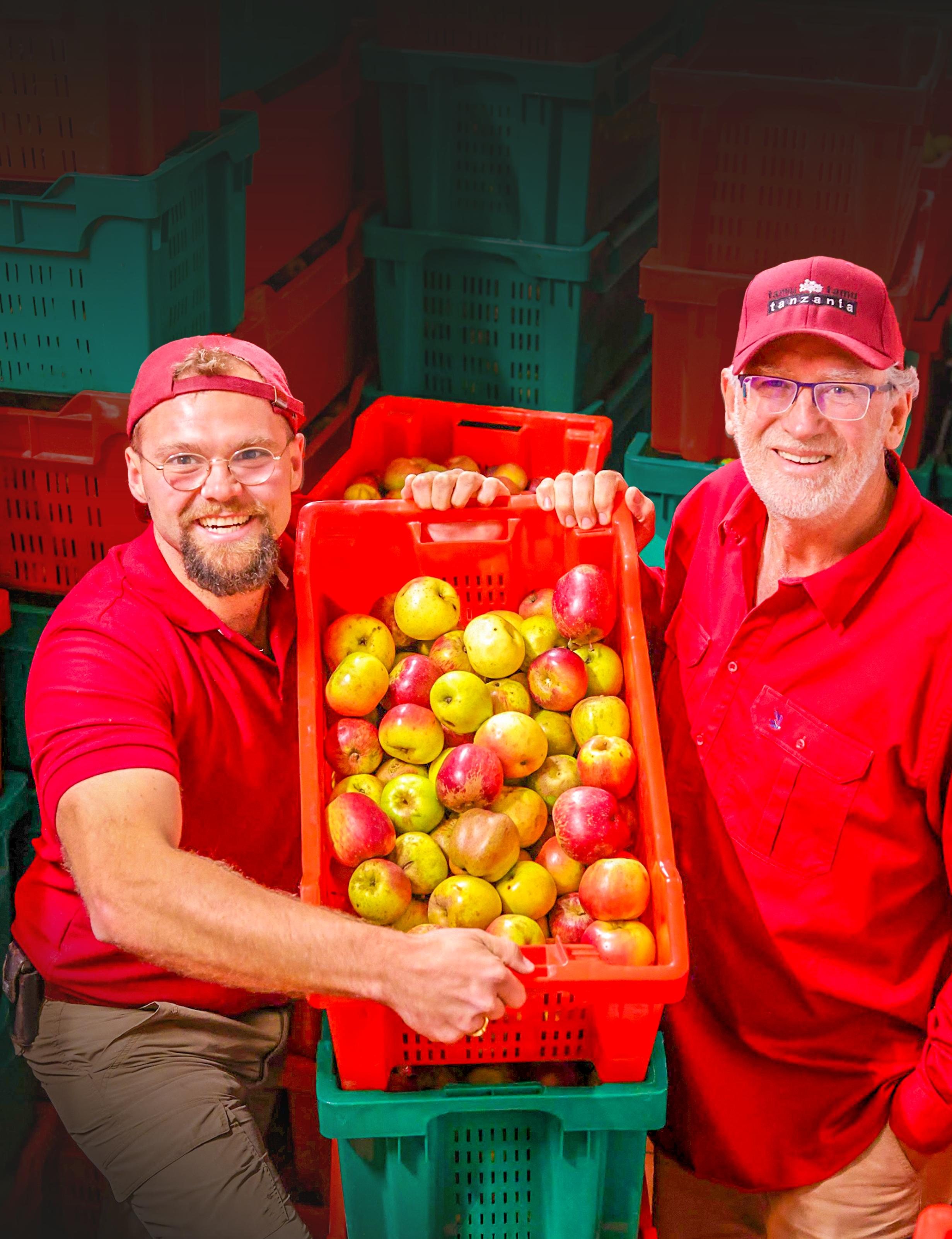
Fresh Produce MIDDLE EAST & AFRICA NO.1 PUBLICATION FOR FRESH PRODUCE INDUSTRY IN MIDDLE EAST & AFRICA tamu tamu tanzania ttt’s mission to cut imports of apple fruits into East Africa Morocco Avocado Association South Africa Hybrid potatoes COUNTRY FOCUS CROP FOCUS EXECUTIVE INTERVIEW WWW.FRESHPRODUCEMEA.COM YEAR 1 | ISSUE NO. 2 | APRIL - JUNE 2024 Event Review & Pictorial AVOCADO AFRICA 2024
























Eastern Africa’s Largest Food Manufacturing, Retail & Hospitality Industry Trade Shows JUNE 12-14, 2024 Sarit Expo Centre, Nairobi, Kenya www.afmass.com AFMASS FOOD EXPO UGANDA AFMASS FOOD EXPO WESTERN AFRICA Lagos, Nigeria - September 17-19, 2024 Kampala, Uganda - September 3-5, 2024 8-IN-1 TRADE SHOWS 5000+ ATTENDEES FREE ENTRY SCAN ME FOOD Afmass EXPO Transforming Africa’s Food Systems CONFIRMED SPONSORS:

tamu tamu tanzania leads East Africa's apple farming drive COMPANY FEATURE - tamu tamu tanzania
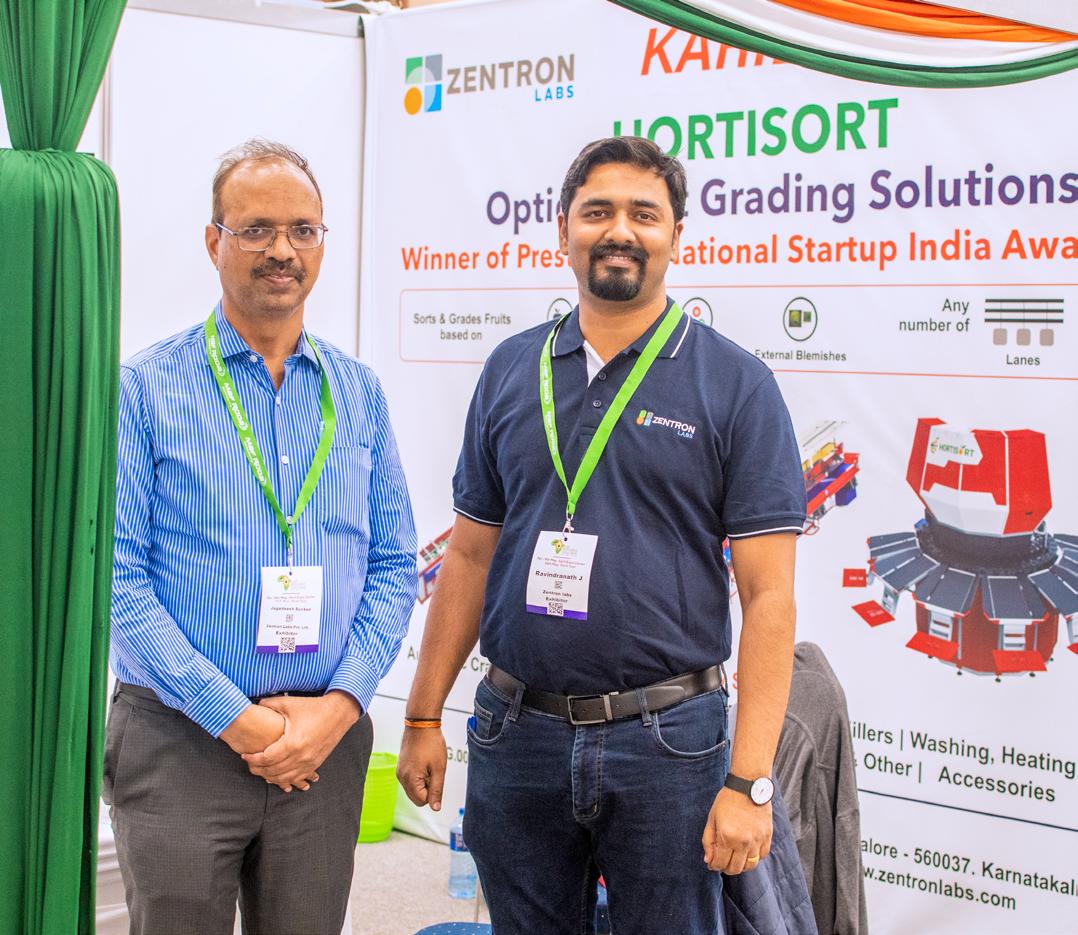

APR/JUNE 2024 | FRESH PRODUCE MEA WWW.FRESHPRODUCEMEA.COM 1 Contents YEAR 1 | ISSUE NO. 2 | APR-JUNE 2024
20 30
22
EVENT REVIEW - AVOCADO AFRICA 2024 EXECUTIVE INTERVIEW - MAVA Propelling Morocco’s avocado production and exports to new heights




• PoLoPo introduces SuperAA platform for potato-based protein biofactory
• TOMRA Food launches new horticultural processing center in Spain
• Astrid Maersk makes historic green methanol bunkering debut in Shanghai
• FPS Food Process Solutions opens new office in India
The potential in adopting hybrid potato seeds in Africa to boost fresh produce production and sustainable farming. COUNTRY FOCUS: South Africa
Dietary Fibre
APR/JUNE 2024 | FRESH PRODUCE MEA WWW.FRESHPRODUCEMEA.COM 2 Contents YEAR 1 | ISSUE NO. 2 | APR-JUNE 2024 38 42 46 34 The Power of
Guide to Better Health Investments
abound in
Produce Sector How Sea Freight Forwarding Safeguards Fresh Produce Shipments
Fibre: A
Surge and Challenges
South Africa's Fresh
NUTRITION:
LOGISTICS & SUPPLY CHAIN: Sea Freight CROP
Potatoes 4 6 18 3 5 52 Editorial News Updates Appointments Updates Events Calendar Quotes Suppliers News
FOCUS: Hybrid



International Floriculture Trade Expo (IFTEX)
June 4-6, 2024
Oshawal Center Nairobi, Kenya www.hppexhibitions.com/iftex
RFA Convention 2024 24 - 26 May 2024
Arabella Hotel, Hermanus, South Africa www.rfa.co.za/convention
CIGBA/DCI Business Summit 2024
June 4, 2024
Pearson Convention Centre, Canada www.cigba.ca/summit
GREENTECH AMSTERDAM 11-13 June 2024
RAI Amsterdam Europaplein 24, 1078 GZ Amsterdam The Netherlands www.greentech.nl/amsterdam
Africa Fresh Produce Expo Eastern Africa 2024
June 12 -14, 2024
Sarit Expo Center, Nairobi, Kenya
www.africafreshproduceexpo. com/east/
Festival of Fresh 2024
13 June, 2024
The pitch at Evesham United Football Club www.fruitnet.com/festivaloffresh
The Floral Conference
June 18, 2024
Miami, US www.freshproduce.com/events/ the-floral-conference-miami/
Fruitnet Grape Congress
4 July 2024
Bari – Italy www.fruitnet.com/ grapecongress
Global Grape Convention August 8, 2024
Monticello Events Center, Chile www.globalgrapeconvention. com/en/
Africa Fresh Produce Expo
Uganda 2024
September 3-5, 2024
Kampala | Uganda
www.africafreshproduceexpo.com/ ug/
Africa Fresh Produce Expo
Uganda 2024
September 3-5, 2024
Kampala | Uganda
www.africafreshproduceexpo.com/ ug/
The Global Produce & Floral Show, 2024
October 17-19 2024
Georgia World Congress Center, Atlanta, Georgia
www.freshproduce.com
Global Avocado Summit
November 21, 2024
Monticello Casino Events Center, Chile
www.globalavocadosummit.com/ en/
APR/JUNE 2024 | FRESH PRODUCE MEA WWW.FRESHPRODUCEMEA.COM 3
2024 2024 2024 EVENTS CALENDAR
Year 1 | Issue No.2 | April-June 2024
FOUNDER & PUBLISHER
Francis Juma
SENIOR EDITOR
Alphonse Okoth
EDITOR
Fridah Chepkoech
BUSINESS DEVELOPMENT DIRECTOR
Virginia Nyoro
BUSINESS DEVELOPMENT ASSOCIATE
Vivian Kebabe
HEAD OF DESIGN
Clare Ngode
ASSOCIATE DESIGNER
Yvonne Njambi
ACCOUNTS
Jonah Sambai
Published By: FW Africa
P.O. Box 1874-00621, Nairobi Kenya
Tel: +254725 343932
Email: info@fwafrica.net
Company Website: www.fwafrica.net
The Road to Self-Sufficiency: A ‘Not so farfetched’ concept after all
Africa is intensifying its efforts to meet the growing demand for fresh produce. Zambia, for instance, recently achieved a triumphant milestone in its onion production landscape, transitioning from reliance on imports to self-sufficiency.
This success story is truly inspiring because, for years, this bulb was a barometer of economic woes in the region due to price fluctuations caused by domestic shortages. But how do you shift from dependence on imports to producing 40,004.45 tons of dry onions annually? Certainly not overnight.
The pivotal transformation in Zambia's onion production resulted from collaborative efforts between the government and the Zambia National Farmers Union, which equipped local farmers with the necessary tools and knowledge. This successful model, if replicated, could serve as a blueprint for other African nations.
its avocado exports to over 100,000 metric tons by 2027, building on the success of reaching its 60,000 metric ton target for the 2023/2024 export season. Abdellah Elyamlahi, President of the Moroccan Avocado Association (MAVA), shares valuable insights in this issue, debunking common myths about large-scale avocado production that you may probably still be prey to.
As Africa pushes towards selfsufficiency, sustainable farming practices play an integral role. The adoption of hybrid crops and seeds is key to achieving this target. In this issue, Charles Miller, Director—Strategic Alliances & Development, Solynta, discusses the benefits of hybrid potatoes in an exclusive guest article.
Fresh Produce Middle East & Africa is published 4 times a year by FW Africa. Reproduction of the whole or any part of the contents without written permission from the editor is prohibited. All information is published in good faith. While care is taken to prevent inaccuracies, the publishers accept no liability for any errors or omissions or for the consequences of any action taken on the basis of information published.
In Tanzania, a quiet revolution has been brewing in the Ifunda, Iringa region since 2016. This initiative is set to cut East Africa’s hefty US$500 million annual spending on importing fresh apples by boosting domestic production. The tale of tamu tamu tanzania (ttt) in this issue, highlights the potential for sustainable agricultural practices to reshape the landscape of African agriculture.
Morocco has also joined the bandwagon. The region aims to increase


These compelling stories are just the beginning. Within the pages of this issue, you'll discover other fascinating insights and innovations, including the initiatives South Africa is undertaking to enhance its fruit and vegetable sector and an enlightening nutrition article on the benefits of dietary fiber.
So, welcome to issue two of Fresh Produce Middle East & Africa Magazine! Read and join the conversation about building a more self-sufficient and sustainable future for the fresh produce sector.
Happy reading!
Fridah Chepkoech Editor


APR/JUNE 2024 | FRESH PRODUCE MEA WWW.FRESHPRODUCEMEA.COM 4
OUR PUBLICATIONS WWW.FWAFRICA.NET MILLING MIDDLE EAST & AFRICA Food Africa Business HealthCare MIDDLE EAST & AFRICA www.foodsafetyafrica.net www.healthcaremea.com www.ceobusinessafrica.com www.freshproducemea.com www.dairybusinessafrica.com www.foodbusinessafrica.com www.millingmea.com www.sustainabilitymea.com Packag ng AFRICA SUSTAINABLE EDITORIAL Fresh Produce MIDDLE EAST & AFRICA Fresh Produce MIDDLE EAST & AFRICA
If agriculture goes wrong, nothing else will have a chance to go right

A fruit is a vegetable with looks and money. Plus, if you let fruit rot, it turns into wine, something brussel sprouts never do

The ultimate goal of farming is not the growing of crops, but the cultivation and perfection of human beings

Life expectancy would grow by leaps and bounds if green vegetables smelled as good as bacon

It should be fun introducing kids to fruits and vegetables. If you start young, it will be something that they'll attach to really quickly

Consumers are looking to connect with brands they support and for brands that have a story they can resonate with in some way

Building solid relationships is the foundation of a successful business

If you want to be successful, you need to be utterly obsessed. You need to reply to customer queries after 5pm on a Friday

There is nothing more important than an environment and a culture that says everybody is needed and wanted.

QUOTES
M. S. SWAMINATHAN
P. J. O'ROURKE
ROMEO KUMALO co-founder and CEO of LLH Capital
BONANG MOHALE Former CEO of Business Leadership South Africa
MICHELLE OBAMA
JO FARAH Founder of Sneaker LAB.
MASANOBU FUKUOKA
DOUG LARSON
VUSI THEMBEKWAYO CEO of MyGrowthFund Venture Partners
Fresh Del Monte, Vellsam Materias Bioactivas to produce biofertilizers from fruit residues
KENYA – Fresh Del Monte, a leading global producer of fresh and fresh-cut fruits and vegetables, has announced a partnership with Vellsam Materias Bioactivas to produce biofertilizers from pineapple residues.
This initiative, under the banner of De l’Ora Bio, began with the inauguration of a biofertilizer plant in Kenya, near Fresh Del Monte’s subsidiary, Del Monte Kenya Ltd.
This facility will utilize residues from the company’s pineapple cannery to produce various biofertilizers. These will be used by Fresh Del Monte and sold to other growers in Kenya and East African countries.
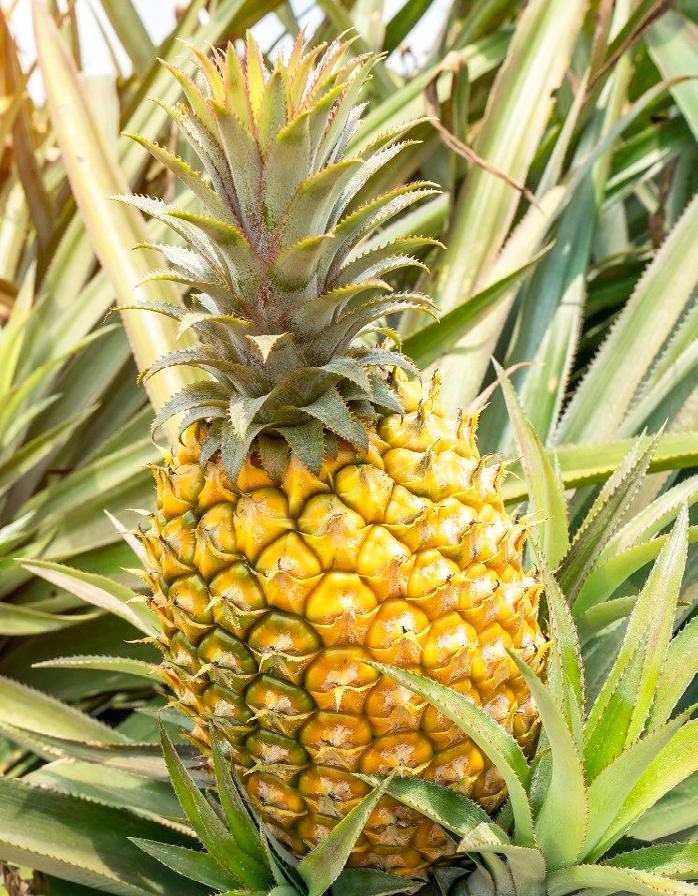
“Fresh Del Monte is committed to creating a circular economy and is taking active measures to repurpose and reuse its residues,” said Mohammad AbuGhazaleh, Fresh Del Monte’s Chairman and CEO.
The new plant is currently undergoing tests and will be fully operational in June. Del Monte Kenya, the country’s largest exporter, employs 6,500 workers directly. The new biofertilizer plant will further support the local economy and enhance Del Monte’s regional impact.
Through De l’Ora, Fresh Del Monte and Vellsam aim to maximize residue utilization, improve soil fertility, and meet the growing demand for nutritious, sustainably grown produce.
Spinneys opens new store in Alexandria with USD 1.46M investment

EGYPT – Spinneys Egypt, a leading supermarket chain, has marked a new milestone by opening a new store worth EGP 70 million (USD 1.46 million) in Alexandria.
The new store is located in the Gleem neighborhood and is the second in Alexandria. The opening is a part of the company’s ongoing expansion strategy.
It spans over 1,200 square meters and provides a range of high-quality products and services. This addition is expected to become an important part of the community.
Mohanad Adly, CEO of Spinneys Egypt, expressed enthusiasm for the expansion, “We are excited to expand our presence in Alexandria with the opening of our newest store in the Gleem neighborhood.
“This investment underscores our confidence in the Egyptian market and our dedication to meeting the evolving needs of our customers.”
The new store also contributes to local employment by offering 100 job opportunities to people from Alexandria.
This move demonstrates Spinneys’ commitment to supporting the local community and economy.
Spinneys plans to open four more stores before the end of the fiscal year in June 2024. These expansions will strengthen the company’s leadership in the Egyptian retail sector and enable it to serve customers across the country.

THIS INVESTMENT UNDERSCORES SPINNEYS' CONFIDENCE IN THE EGYPTIAN MARKET AND ITS DEDICATION TO MEETING THE EVOLVING NEEDS OF CUSTOMERS.
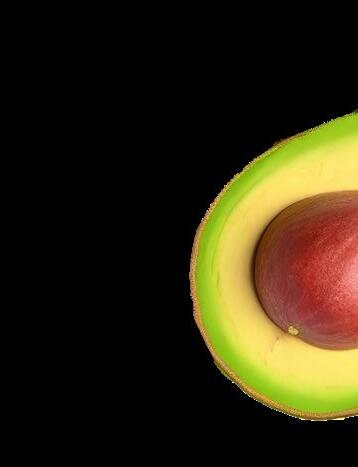
APR/JUNE 2024 | FRESH PRODUCE MEA 6
NEWS UPDATE
WWW.FRESHPRODUCEMEA.COM





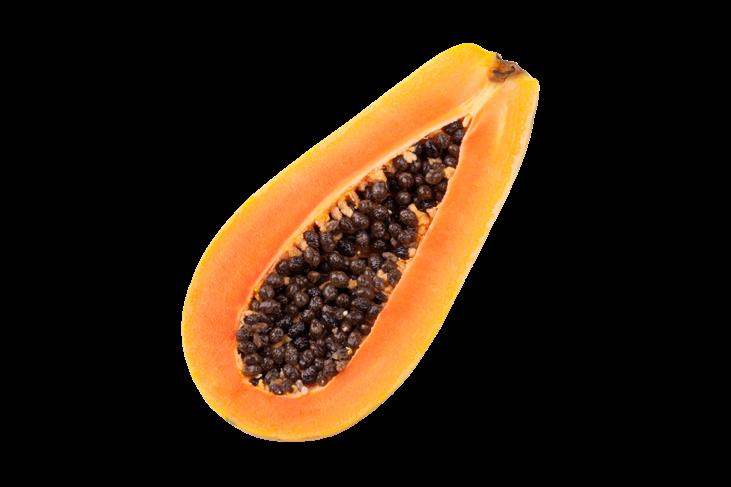






Kampala, UgandaSeptember 3-5, 2024
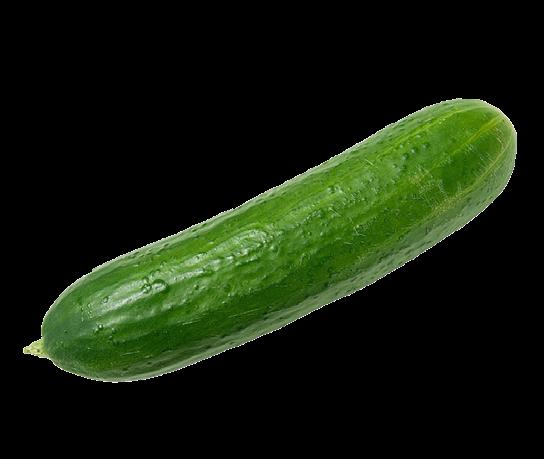











INDUSTRY TRADE Fresh Produce Market Logistics & Mobility Machinery & Technology Agro-Inputs & Chemicals Services & More WHAT’S ON SHOW AT THE EXPO The Africa Fresh Produce Expo will consist of the following Sections: Sarit Expo Centre, Nairobi, Kenya www.africafreshproduceexpo.com AFRICA FRESH PRODUCE EXPO UGANDA AFRICA FRESH PRODUCE EXPO WESTERN AFRICA
2024
Lagos, NigeriaSeptember 17-19,
JUNE 12-14, 2024
Sanifruit expands to South Africa providing solutions for citrus packhouses
SOUTH AFRICA – Sanifruit, a Spain-based company, is expanding its presence in South Africa in its sixth season of active work in the country.
Initially focused on packhouses in the Eastern Cape, the company has now extended its reach to Limpopo and Mpumalanga.
Sanifruit’s aim is to address some of the challenges faced by citrus packhouses, such as resistance to traditional chemicals and changes in regulations concerning active ingredients.
Tomás Lucas, director of sales at Sanifruit, explains the situation in South African packhouses: “In a number of packhouses in Limpopo and Eastern Cape, they are beginning to see imazalil’s effectiveness decrease due to severe resistance. This presents a challenge as there aren’t any clear alternatives with comparable efficacy.”
Additionally, he points out that there is pressure to reduce the maximum residue levels and the number of active ingredients in response to both European legislation and retail requirements.
Chemicals traditionally used in packhouses, like imazalil and fludioxanil, will be banned by Europe in the coming years.
Kenyan flower industry shifts from air to sea freight for sustainability and costeffectiveness
KENYA – Kenya’s flower industry, heavily reliant on air freight, faced challenges as passenger planes were grounded, leading to exorbitant freight rates consequently turning to sea freight for its reliability, cost-effectiveness, and improved competitiveness.
Moreover, the African flower trade is undergoing a significant transformation in its logistics, with a notable shift from air to sea freight gaining momentum.
While air cargo has long been crucial for African flower exports, sustainability concerns, capacity limitations, rising costs, and competitiveness have prompted a reevaluation of transportation modes. This shift signals the need for the air freight industry to reassess its role in the supply chain.
Historically, air freight dominated the transportation of flowers from Kenya to Europe and beyond, with Kenya ranking as the fourth-largest exporter of cut flowers globally.
However, the onset of the Covid-19 pandemic disrupted traditional supply chain routes, prompting a reexamination of transportation methods.

Moroccan vegetable exports reach USD 1.6B despite volume dip
MOROCCO – Morocco has witnessed a notable surge in earnings from vegetable exports, reaching close to USD 1.6 billion in 2023, despite a decrease in volume with the monetary gain reflecting a 12% increase compared to the previous year.
According to the report by EastFruit, despite facing challenges such as adverse weather conditions, which led to a 14% reduction in export tonnage to 1.06 million tons, Morocco managed to surpass its five-year average by 5%.
Greenhouse tomatoes played a pivotal role in driving the country’s export revenue, constituting nearly three-quarters of the total fresh vegetable export value.
Although the sector experienced a setback due to soaring summer temperatures, resulting in an 11% decline in greenhouse tomato exports to 660,000 tons, Morocco maintained its position as the world’s third-largest exporter of fresh tomatoes, following Mexico and the Netherlands.
Sweet peppers remained a significant revenue generator in the vegetable segment. Morocco witnessed a noteworthy increase in both the volume and value of sweet pepper exports, with a 4% rise in physical export volumes to 174,000 tons and an impressive 55% surge in monetary value, amounting to USD 230 million.
Zucchini and pumpkins secured the third position in terms of export revenue, with zucchini exports maintaining relative stability year-over-year in both quantity and value.
In 2023, Morocco exported a combined total of 47,000 tons of zucchini and pumpkins, valued at USD 45 million.
APR/JUNE 2024 | FRESH PRODUCE MEA WWW.FRESHPRODUCEMEA.COM 8
NEWS UPDATE
Driscoll’s invests USD 41M in new soft fruit plant in Morocco
MOROCCO – Driscoll’s Maroc has initiated the construction of a soft fruit conditioning plant in the Loukkos agropole, south of Larache, marking a crucial step in growing the region’s economic landscape.
With a budget of approximately 150 million dirhams (USD 40.8 million), this venture promises not only to enhance the province of Larache but also to foster job creation, particularly benefiting the local populace.
The construction of the conditioning plant, spanning over 5 hectares, underscores Driscoll’s commitment to Morocco’s agricultural sector.

This investment also highlights Morocco’s conducive business environment and the collaborative efforts between private entities and local authorities.
The project’s realization owes much to the continuous support from regional bodies, such as the Regional Investment Center of the Tangier-Tetouan-Al Hoceima Region (CRITTA), facilitating a seamless integration into the region’s economic framework.
“The support, professionalism, advice, and ability to anticipate our needs have been determining factors for the success of the project,” stated a representative from Driscoll’s.
Driscoll’s longstanding presence in Morocco exemplifies its commitment to global expansion. The company’s investment in Larache, coupled with its existing facilities in Moulay Bousselham and Agadir, reflects its enduring dedication to the Moroccan market.
GrubMarket acquires Global Produce expanding presence in South Africa

SOUTH AFRICA – GrubMarket, a California-based food tech company, has announced the acquisition of Global Produce, a fresh produce supplier based in Cape Town, South Africa.
This acquisition will help GrubMarket expand its fresh produce operations in South Africa and broaden its international reach.
The company primarily focuses on grapes and citrus but also offers a wide variety of other fruits such as apples,
pears, berries, cherries, and plums, as well as exotic items like Malaysian dragon fruit and Namibian Barhi dates.
Global Produce operates offices in Cape Town, Jakarta, Hong Kong, and Ho Chi Minh City. Its supply base extends across South Africa, Namibia, Morocco, Egypt, New Zealand, and Australia, among other countries.
In its statement, GrubMarket noted that the addition of Global Produce supports the company’s “vertical
integration initiative,” which aims to connect farmers in Africa directly with international markets.
By packing fruit under its Geo brand, Global Produce works to streamline the supply chain, reducing intermediaries and helping farmers navigate the challenges of rising input and distribution costs.
THE ADDITION OF GLOBAL PRODUCE SUPPORTS THE COMPANY’S “VERTICAL INTEGRATION INITIATIVE,” WHICH AIMS TO CONNECT FARMERS IN AFRICA DIRECTLY WITH INTERNATIONAL MARKETS.
APR/JUNE 2024 | FRESH PRODUCE MEA WWW.FRESHPRODUCEMEA.COM 9
GB Foods launches USD 13.46M tomato processing plant in Kebbi State

NIGERIA – GB Foods has inaugurated a N20 billion (USD 13.46 million) state-ofthe-art tomato processing plant in Kebbi state, Nigeria, aimed at bolstering paste production in the nation and curbing the import bill for this vital commodity.
Spanning an expansive 1,500 hectares of land, the farm and factory feature a state-of-the-art 620 metric tons per day processing plant and are set to create approximately 2,000 jobs, with plans to double the workforce during the next expansion phase.
Once the expansion is complete, this integrated tomato project will stand as the largest in Africa.
President Bola Tinubu, who officiated the plant’s inauguration in Gafara village of Ngaski Local Government Area, commended GB Foods for its investment, emphasizing the commitment of the administration to create a favorable environment for private investors.
Kebbi state governor Nasir Idris acknowledged GB Foods’ boldness in confronting challenges, lauding the company for engaging 3,335 local outgrowers in tomato production.
He pledged full government support to ensure the plant operates at maximum capacity, recognizing its status as the largest tomato processing facility in the region.
WorldVeg commissions new Vegetable Genebank to Eswatini’s Agric ministry
ESWATINI
– WorldVeg has announced the official commissioning of the new Vegetable Genebank to the Ministry of Agriculture in Eswatini.
Funded by the Ministry of Agriculture of the Republic of China (Taiwan) through the TAVI (Taiwan Africa Vegetable Initiative) project, this state-ofthe-art facility stands as a beacon of hope in the face of climate change-induced challenges.
Dr. Shakuntala Thilsted, WorldVeg’s Research Program Leader for Value Chains and Nutrition, underscores the importance of this initiative, stating, “The Genebank will serve as a crucial repository for preserving the genetic diversity of vegetable crops in our region, ensuring resilience and adaptability in the face of
evolving environmental conditions.”
Meanwhile, on another front, WorldVeg celebrated another milestone with the successful inauguration of Africa’s first Vegetable Genebank in Arusha, Tanzania.
This achievement, years in the making, signifies a profound commitment to conserving and promoting vegetable biodiversity across the continent.
Dr. Gabriel Rugalema, Associate Director General of the World Vegetable Center, Africa, expresses gratitude for the support received, stating, “The inauguration of Africa’s Vegetable Genebank is a testament to our long-term vision and dedication to preserving our agricultural heritage.”
Solynta rebrands to ‘Solynta – True Potato Seed’
NETHERLANDS – Solynta, the pioneering Dutch company renowned for its expertise in hybrid true potato seed development, has unveiled a strategic rebranding to ‘Solynta – True Potato Seed.’
This adjustment aligns with the company’s market-oriented approach, marking a significant milestone in its journey toward transforming potato farming worldwide.
Distinguished as the innovator of hybrid potato breeding technology, Solynta revolutionizes potato cultivation by enabling farmers to grow potatoes from true seeds, showcasing notable advantages over traditional seed tuber practices.
Not only does this innovation streamline shipping, storage, and growing processes, but it also facilitates the production of hybrid potato varieties with enhanced disease resistances.
According to the company, True potato seeds offer a revolutionary alternative to traditional seed tubers,
presenting numerous advantages to the potato industry.
Clean, disease-free, and economically viable, true potato seeds boast an extended shelf life, ease of transportation, and availability year-round, driving efficiency and sustainability in potato farming
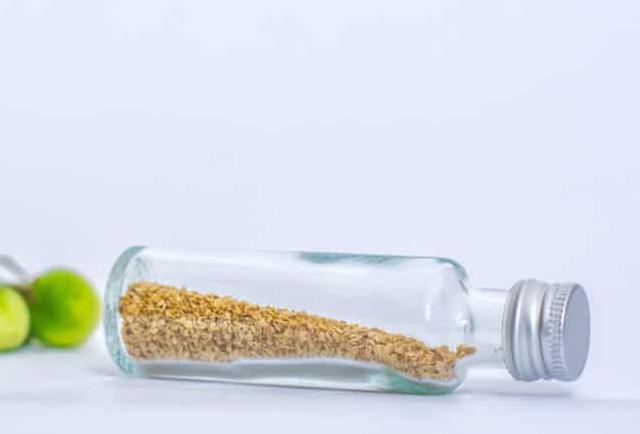
APR/JUNE 2024 | FRESH PRODUCE MEA 10
NEWS UPDATE
Ghana announces USD 60M investment in cashew nut sector
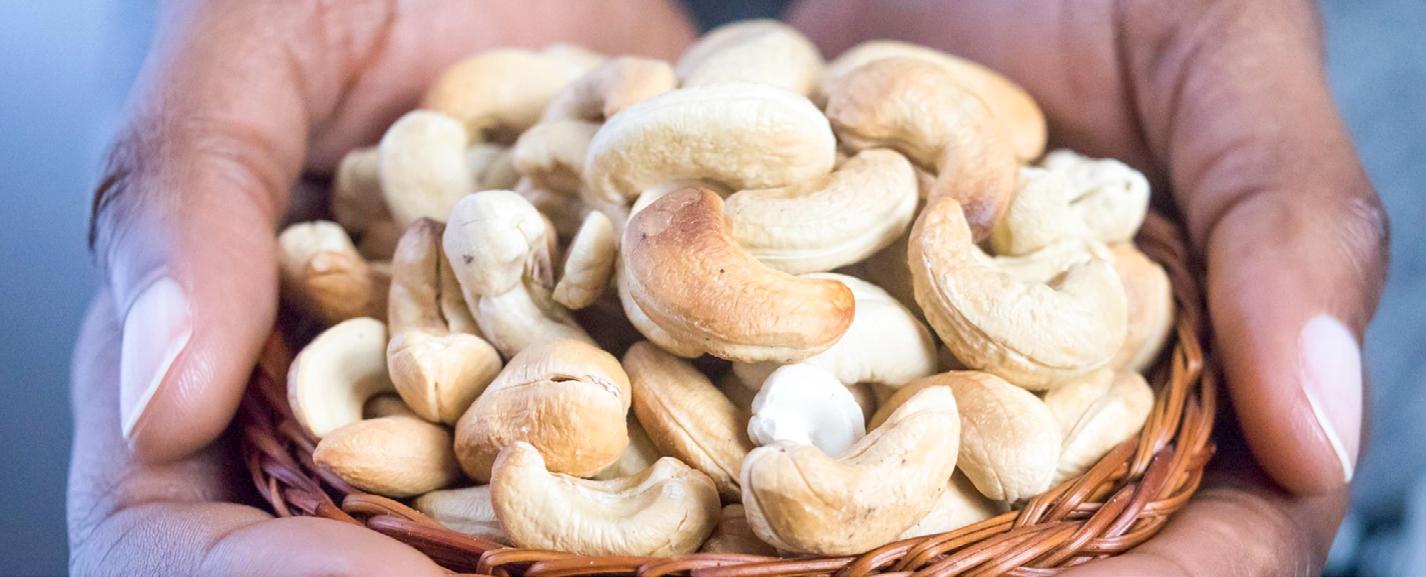
GHANA – Ghana, a major producer of cashew nuts in West Africa, has unveiled plans to invest USD 60 million in its cashew nut sector.
The investment was negotiated with the World Bank and the Ghanaian government. Of the total investment,
around USD 42 million will go toward establishing new processing units in key cashew production regions, including Bono, East Bono, Savannah, and Oti. This will lead to the creation of factories across eight regions.
“We are conducting feasibility
studies, and soon, there will be new cashew factories established in the major production areas,” Quaittoo said.
Ghana aims to process around 50% of its local cashew nut production locally by 2030, a significant increase from the current rate of less than 10%. This strategy could help create jobs and add value to the cashew nut supply chain.
In 2022, the country earned approximately USD 493 million in export revenue from the cashew nut sector, with 98% of that coming from raw cashew nut exports. Increasing local processing could enhance export revenue and boost the local economy.
GENESIS FRESH unveils new orange variety named Onix
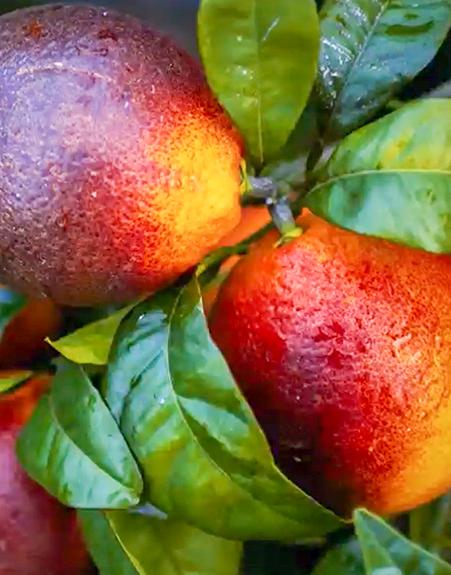
POLAND – GENESIS FRESH, a subsidiary of AMFRESH, has advanced the citrus industry with the global debut of its latest orange variety, Onix.
The company’s newest offering
promises not only a unique flavor experience but also a host of practical benefits specializing in varietal development with a keen eye on sustainability.
Discovered in the sun-kissed orchards of Seville, Spain, Onix has a distinctive trait that sets it apart: a scientifically proven high anthocyanin content, certified by the prestigious Institute for Plant Molecular and Cellular Biology (IBMCP) in Valencia.
This rare attribute, coupled with its darker flesh akin to the renowned Sanguinelli variety, but with a larger size and deeper, reddish skin, positions Onix as a game-changer in the citrus market.
David Alba, CEO of GENESIS FRESH, elaborated on the distinctive features of Onix, stating, “While Onix and Sanguinelli share comparable organoleptic qualities, Onix stands out with its optimal size and external coloring achieved earlier in its growth cycle,
facilitating an early harvest.”
Alba also highlighted Onix’s exceptional on-tree endurance and remarkable post-harvest longevity, extending its sales window to approximately 4-5 months in each hemisphere.
THE COMPANY’S NEWEST OFFERING PROMISES NOT ONLY A UNIQUE FLAVOR EXPERIENCE BUT ALSO A HOST OF PRACTICAL BENEFITS SPECIALIZING IN VARIETAL DEVELOPMENT WITH A KEEN EYE ON SUSTAINABILITY.
APR/JUNE 2024 | FRESH PRODUCE MEA WWW.FRESHPRODUCEMEA.COM 11
South Africa could gain USD 1.05B in annual revenue if
EU
trade restrictions are resolved - CGA
SOUTH AFRICA – The Citrus Growers Association of South Africa (CGA)’s projections suggest that the citrus sector could produce an additional 100 million 15kg cartons over the next eight years.
This could generate an extra R20 billion (USD 1.05 billion) in annual revenue, but this potential may be lost if the EU market shrinks.
Moreover, according to the association, if all industry stakeholders collaborate, the increased annual revenue will create approximately 100,000 new jobs.
These projections are in response to the already initiated consultations by South Africa with the European Union (EU) at the World Trade Organization (WTO) regarding phytosanitary trade

regulations affecting South African citrus exports.
The dispute centers on the EU’s measures against Citrus Black Spot (CBS), a fungal infection that can cause cosmetic damage to fruit.
Despite scientific evidence indicating that CBS does not pose a threat to the
fruit itself, the EU continues to impose strict measures on South African citrus growers.
The South African government’s action aims to protect the citrus industry, which supports the livelihoods of tens of thousands of people.
Kuehne+Nagel simplifies organizational structure for efficiency

GLOBAL – Kuehne+Nagel International’s board of directors has greenlit a new approach to how country organizations report directly, paving the way for enhanced efficiency and profitable growth, according to an official statement.
“This change will affect fewer than one percent of our workforce, with the majority transitioning to new roles,”
stated a company representative. By streamlining responsibilities, the revamped structure will empower Kuehne+Nagel’s business and functional units to refine their strategies in alignment with swiftly evolving market dynamics and expedite decisionmaking processes.
global consistency but also ensure closer proximity to customers.
The previously entrenched regional structure will be phased out, with responsibilities integrated into Kuehne+Nagel’s Group functions as deemed appropriate. Cluster and National Managers will now report directly to the Management Board of Kuehne+Nagel International.


The company emphasized that this restructuring will not only foster greater
Joerg Wolle, Chairman of Kuehne+Nagel, remarked, “With the streamlining of regional management levels, the Kuehne+Nagel Group is optimizing its organizational framework, laying the groundwork for further efficiency enhancements to respond even more swiftly and flexibly to the increasingly dynamic global trade landscape.”
APR/JUNE 2024 | FRESH PRODUCE MEA WWW.FRESHPRODUCEMEA.COM 12
NEWS UPDATE

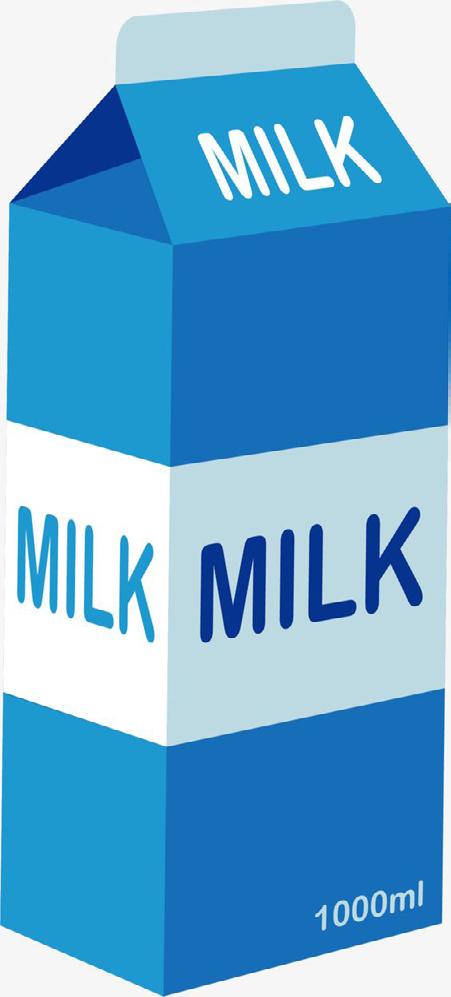

Kampala, UgandaSeptember 3-5, 2024



Lagos, NigeriaSeptember 17-19,




Sarit Expo Centre, Nairobi, Kenya JUNE 12-14, 2024 Dairy AFRICA MANUFACTURING EXPO www.dairymanufacturingafrica.com SCAN ME Africa Dairy 2.0 - Taking Africa's Dairy Industry into the Next Level through Innovation & Sustainability AFRICA’S NO.1 DAIRY INDUSTRY TRADE SHOW & CONFERENCE SIGN UP TO ATTEND , SPONSOR & EHIBIT DAIRY MANUFACTURING AFRICA EXPO UGANDA DAIRY MANUFACTURING AFRICA EXPO WESTERN AFRICA
2024

Peru witnesses remarkable 79% increase in avocado shipments in 2024
PERU – Peruvian avocado exports have surged despite weather challenges in 2023, with the sector witnessing a remarkable 79% increase in shipments during the initial two months of 2024.
According to Sierra y Selva Exportadora, a branch of Peru’s Ministry of Agricultural Development and Irrigation (MIDAGRI), a total of 36,360 tons of avocados were dispatched to international markets, fetching a revenue of USD 75.4 million. This surge represents a substantial 73% uptick compared to the previous year.
The Peruvian avocado trade extended its reach to 13 different markets, with significant volumes being shipped to destinations such as the Netherlands, China, Spain, Chile, and Hong Kong.
Notably, the European logistics hub, the Netherlands, accounted for 37% of the total volume, followed by China with 20%, Spain with 15%, Chile with 9%, and Hong Kong with 8%.
Capitalizing on its distinct seasonality, which spans from May to August, Peru has positioned itself as a key player in the global avocado market.
This timeframe strategically complements the export season of Mexico, which predominantly spans from August to May.
The increasing demand for Peruvian avocados has been witnessed particularly in Asian markets, with China experiencing a remarkable 112% growth in shipments over the past five years.
Kenya
targets USD 171.8B
global super foods market share through cooperative movement
KENYA – The Kenyan government, led by Cabinet Secretary Simon Chelugui, is strategically positioning the country to become a key player in the global superfoods market, targeting the USD 171.8 billion industry.
This initiative, part of the Bottom-Up Economic Transformation Agenda (BETA), aims to harness Kenya's cooperative societies and MSMEs to boost the production and export of superfoods like Avocado, Macadamia, and Blueberries.
During a visit to Kakuzi Plc, a prominent agribusiness specializing in superfoods, Chelugui highlighted the growing global demand for nutrient-rich superfoods, which offer various health benefits and are increasingly popular due to dietary trends and preventive healthcare practices.
Research by the IMARC Group underscores the market potential, projecting the global superfoods market to reach USD 262.3 billion by 2032, driven by consumer preferences for healthy snacks and dietary choices.
To capitalize on this opportunity, the Kenyan government plans to forge public-private partnerships with leading producers like Kakuzi to provide technical support and capacity building for local farmers.
Chelugui emphasized Kenya's capability in producing quality superfoods and stressed the importance of upholding global standards in crop management and sustainability.
Cooperative societies and MSMEs will play a crucial role in this endeavor, with planned initiatives focused on farmer training, marketing, and extension services to elevate Kenya's reputation as a reliable superfoods producer and exporter.
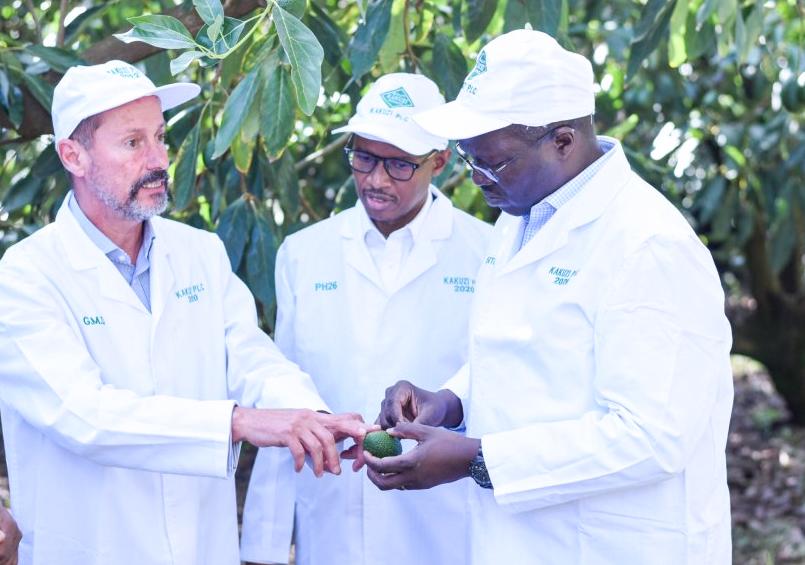
APR/JUNE 2024 | FRESH PRODUCE MEA WWW.FRESHPRODUCEMEA.COM 14
NEWS UPDATE
TMA, TAHA boost Tanzania’s horticultural industry with USD 2.1M investment

TANZANIA – Tanzania’s horticultural industry has witnessed an important boost through TradeMark Africa (TMA) and the Tanzania Horticultural Association (TAHA) partnership, supported by a USD 2.1 million grant.
This partnership marks the start of Phase II of a project that aims to improve the industry’s access to regional
and international markets.
The three-year project is backed by funds from the Foreign, Commonwealth & Development Office (FCDO), Norway, and Ireland-funded TMA.
It focuses on enhancing market access and empowering local farmers while addressing challenges such as logistical limitations and climate
change.
The project aims to increase the production volume of key horticultural value chains for both regional and overseas markets.
The goal is to boost production from 50,000 tons, worth USD 18.3 million, to 89,754 tons, potentially generating USD 30.6 million annually. By increasing production, the project could substantially improve the industry’s profitability.
This partnership will benefit a growing group of horticultural growers across the nation, including many women and young people.
The number of farmers involved is expected to grow from the current 27,854 to 55,708 individuals. By offering support and resources, the project will empower these farmers to cultivate crops for export markets and increase their economic prospects.
CMA CGM reshuffles Africa-India-Middle East Services to optimize citrus export
AFRICA/MIDDLE EAST – CMA
CGM, a global leader in shipping and logistics has announced a restructuring of its services connecting the India Middle East Gulf with South Africa, East Africa, and the Indian Ocean.
The revamp aims to optimize shipping routes and enhance efficiency to meet demand during the citrus export season.
The company will add Coega to the MIDAS 1 service rotation, offering a more efficient pathway for shipments with competitive transit times to Jebel Ali and India.
CMA CGM stated that the MIDAS 1

service will run on a 70-day schedule with 10 vessels capable of carrying up to 5,700 TEU.
In the MIDAS 2 service, Durban will
be the only port of call in South Africa, with Pointe des Galets shifting to CMA CGM’s new KARIBU service.
Port Elizabeth will be accessible weekly through a dedicated feeder service via Durban, offering faster transit times.
The KARIBU service replaces the previous KARIBU HAX service, with a weekly operation fully managed by CMA CGM.
The NOURA service will offer faster transit times to Mozambique, Somalia, and Seychelles markets. It operates on a 35-day schedule with five vessels capable of carrying up to 1,700 TEU, starting with m/v CMA CGM GULF EXPRESS.
APR/JUNE 2024 | FRESH PRODUCE MEA WWW.FRESHPRODUCEMEA.COM 15

Africa Logistics Properties appoints Raghav Gandhi as CEO
KENYA – Africa Logistics Properties (ALP) has appointed Raghav Gandhi as its new CEO. Gandhi brings extensive real estate experience from emerging markets and aims to steer ALP in a new strategic direction.
Gandhi’s appointment follows the departure of Richard Hough, who led ALP for six years and oversaw significant projects such as the development of Tatu City in northern Nairobi, East Africa’s largest industrial park.
Under Hough’s leadership, ALP earned recognition for its environmental sustainability efforts, including being named an IFC Global EDGE Champion. ALP has recently targeted small and medium enterprises with specialized warehousing solutions. Their newly constructed warehouses in Limuru aim to streamline supply chain management for SMEs.
With Gandhi's leadership, ALP is expected to continue shaping Kenya's logistics landscape and contributing to sustainable development and economic prosperity.
Bob Mattive elected President of NPC
USA – Bob Mattive of Monte Vista, Colorado, has been appointed President of the National Potato Council (NPC) for the upcoming year, following the annual Washington Summit.
Mattive has a long history of leadership, including roles as class president and president of the 4H Club.
Now a partner at Worley Family Farms in Monte Vista, he will start his one-year term as NPC President on February 26, 2024.
“I’ve learned a lot, and I know we must work hard and work together to stay relevant, educate the next generation, and continue advocating on behalf of our growers and industry partners,” he remarked.
Mattive previously served as NPC’s First Vice President and Vice President of Environmental Affairs. He has been active in federal policy and environmental issues, participating in various NPC committees and Colorado agricultural boards.
NPC protects potato growers’ interests by addressing issues that affect the potato industry, from policy issues debated in Congress to regulatory issues proposed by federal agencies.


South Africa appoints Michelle Philips as new Transnet Group CEO
SOUTH AFRICA – South Africa’s Minister of Public Enterprises, Pravin Gordhan, has appointed Michelle Phillips as the Group CEO of Transnet.
Minister Gordhan expressed confidence in Phillips, noting her two decades of experience and successful leadership at Transnet Pipelines.
Phillips, with over two decades of experience within Transnet in various capacities, has a proven track record of being a collaborative problem solver.
Under her leadership, the division achieved its first green audit report status on the supply chain, signaling adherence to good governance practices. Notably, she saved the business ZAR 1.5 billion (USD 78.44 million) over an 18-month period.
Phillips also demonstrated her leadership skills by completing the development of liquid natural gas terminals and Sapref tanks in a remarkably short timeframe.
These accomplishments underscore her ability to drive positive change and operational efficiency within Transnet.
APPOINTMENTS UPDATE
APR/JUNE 2024 | FRESH PRODUCE MEA WWW.FRESHPRODUCEMEA.COM 16
Industry veteran Soundararadjane joins HyFarm as CEO
INDIA - HyFun Foods has appointed Soundararadjane S as the CEO of HyFarm, marking a significant move in the frozen food industry's fresh produce value chain initiative.
With 30+ years in sustainable agriculture, including roles at Monsanto Company and ITC Limited, Soundararadjane brings expertise aligned with HyFun Foods' mission for premium, eco-friendly food.
“Soundararadjane's appointment underscores our commitment to positive change in the fresh produce industry,” said Haresh Karamchandani, MD & Group CEO at HyFun Foods.
HyFarm will introduce advanced solutions to optimize fresh produce value chains. Under Soundararadjane’s leadership, it aims to empower farmers, enhance supply chain efficiency, and deliver top-quality produce globally through technology, sustainability, and partnerships.


Decco WW names Manish Sirohi as CEO
USA - DECCO WW, a company under the UPL Group has announced the appointment of Manish Sirohi as the new Chief Executive Officer.
Sirohi, who joined UPL in 2004, has held various leadership roles across different markets and was most recently the Global Commercial Head of Decco WW.
In his new role, he will steer the company's strategic initiatives, focusing on innovation and maintaining its global leadership in the post-harvest sector.
Sirohi expressed his honor and excitement, aiming to leverage the company's expertise to drive transformative impact in agricultural practices.
“I’ve had the privilege to grow with the company for many years, and I’m excited to lead Decco WW in its mission to transform post-harvest practices. We aim to leverage our expertise to drive innovation and make a meaningful impact across the agricultural landscape,” he said.
CGA appoints Gerrit van der Merwe as new
Chairperson
SOUTH AFRICA – The Citrus Growers’ Association of Southern Africa (CGA) has appointed Gerrit van der Merwe as its new chairperson.
This transition sees outgoing chairperson Hannes de Waal assuming the role of one of two vice-chairpersons, alongside Jan-Louis Pretorius, as per the board’s established rotational leadership structure.
Van der Merwe brings extensive experience, including managing multiple citrus farms and working in the U.S. citrus industry.
His vision focuses on a communitycentered approach and collaboration to foster growth and job creation in the sector.
Justin Chadwick, CGA's CEO, emphasized the significance of van der Merwe's appointment amid the industry's expansion.
CGA's efforts to address logistics and market access challenges align with broader initiatives to expand South Africa's presence in global markets.

APR/JUNE 2024 | FRESH PRODUCE MEA WWW.FRESHPRODUCEMEA.COM 17
AVOCADO AFRICA 2024


The 4th International Africa Avocado Congress (Avocado Africa 2024) concluded successfully in Nairobi, Kenya, from May 7th to 10th, 2024. Organized by the Avocado Society of Kenya (ASOK) and hosted at the Sarit Expo Centre, this event drew key stakeholders from across the global avocado industry. The congress served as a dynamic forum for discussions, knowledge exchange, and the promotion of sustainable practices, with a specific focus on African producers and markets.
Throughout the event, the exhibition hall buzzed with activity, featuring a wide range of prominent companies and organizations from the entire avocado value chain. Participants included the Tanzania Horticultural Association (TAHA), TWIGA Chemical Industries, Murphy Chemicals, Kakuzi PLC, Avodemia, IT’S FRESH, ACME Containers, DAIKIN, CROPTECH Kenya Ltd., aak-GROW, CMC Motors Group Limited, KALRO, BBEAL, and Danka Investment Limited.
Alongside the exhibition, the congress hosted a conference addressing critical issues within the avocado industry. Topics such as sustainable agricultural practices, market access, trade developments, technological advancements, and the impacts of climate change on avocado production were thoroughly discussed. This year’s theme, "Avocado Africa: A Convergence of Technology and Business for Increased Competitiveness and Trade," underscored the continent’s growing influence in the global avocado market.

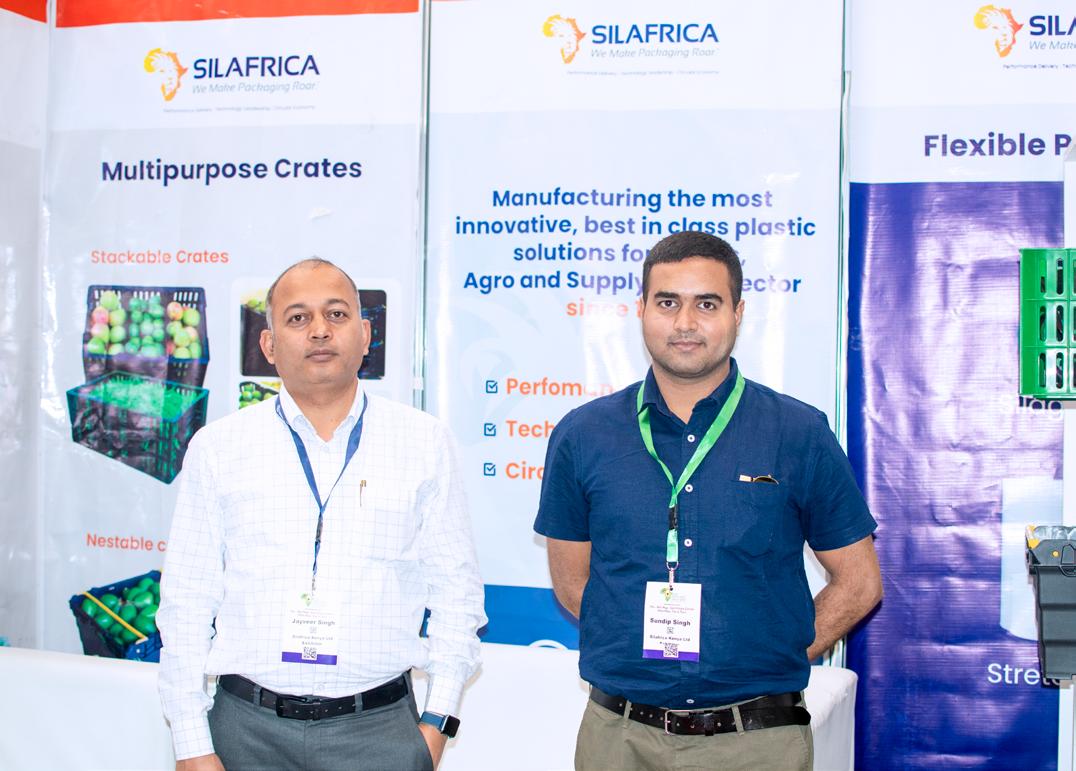

APR/JUNE 2024 | FRESH PRODUCE MEA WWW.FRESHPRODUCEMEA.COM 18

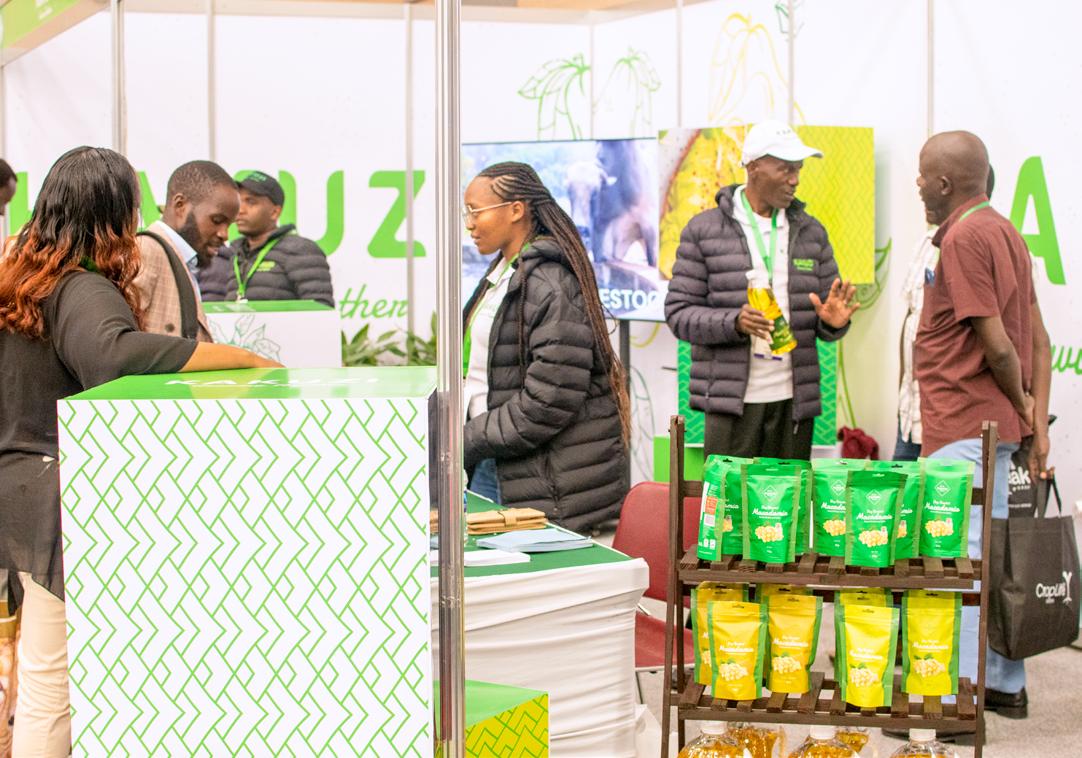



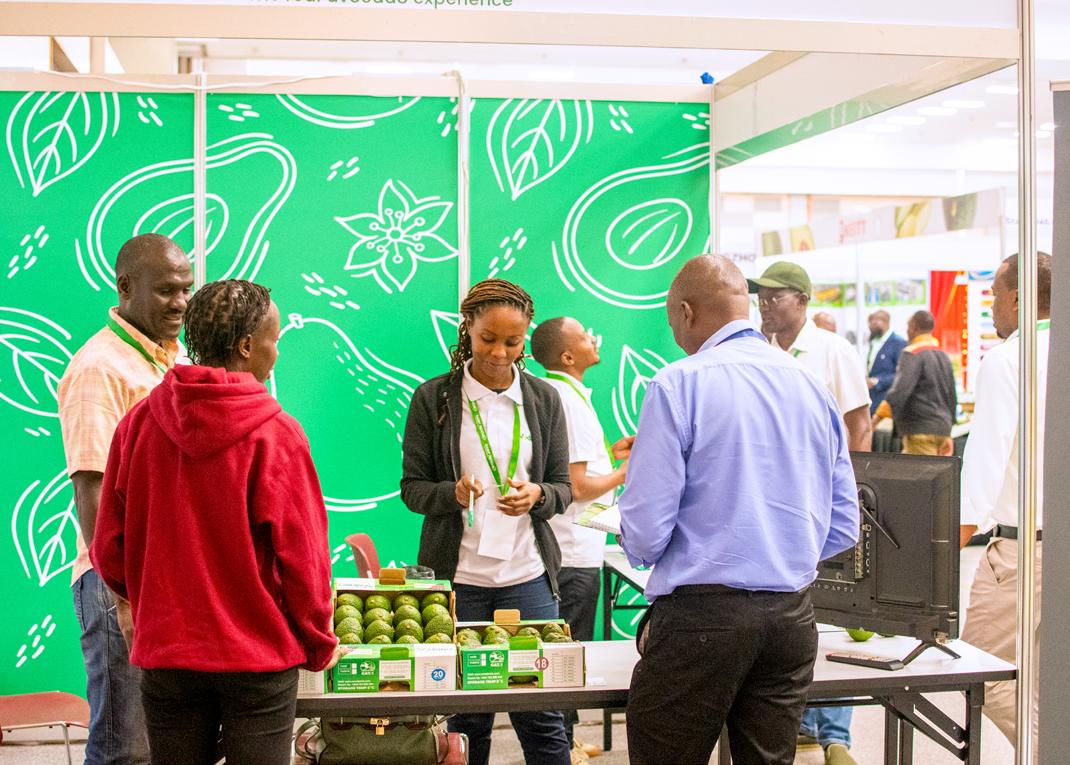
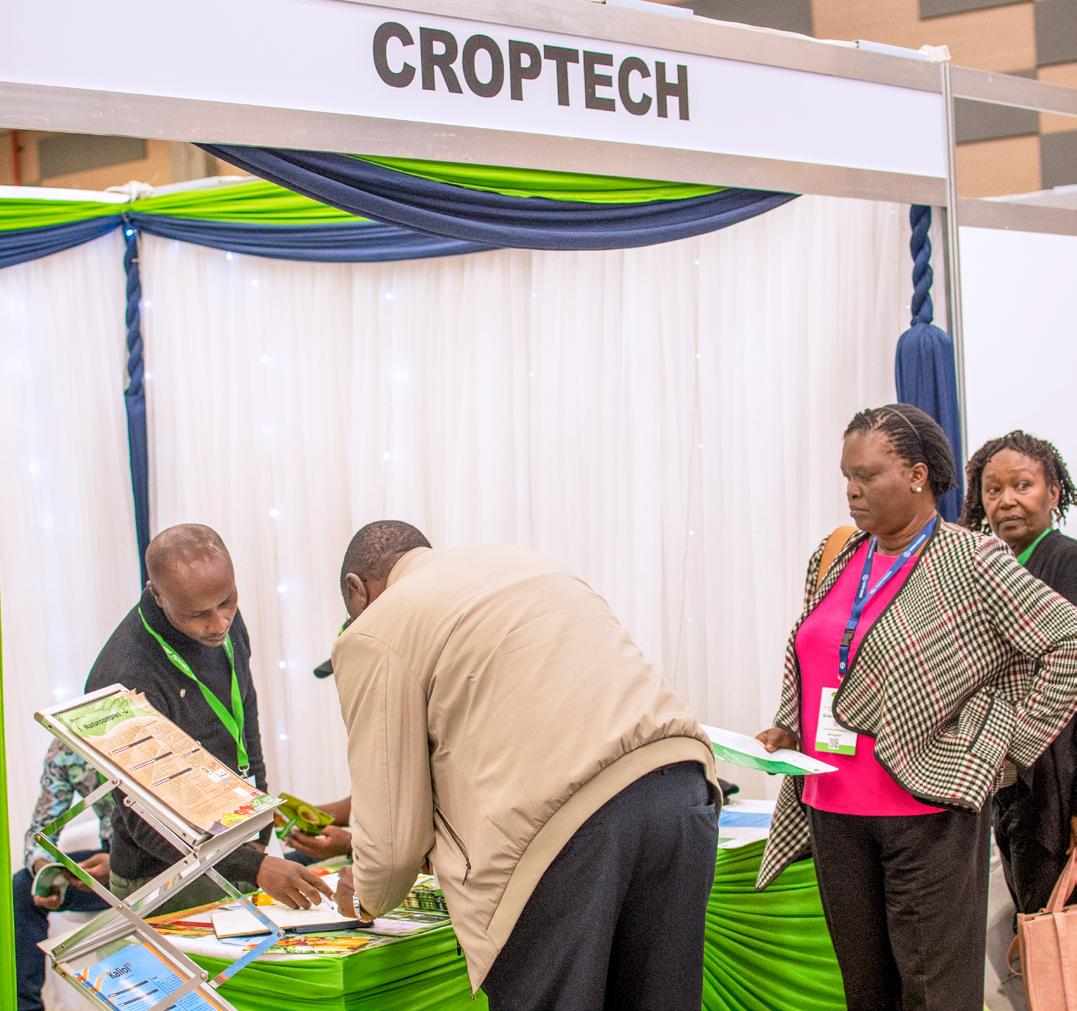
APR/JUNE 2024 | FRESH PRODUCE MEA WWW.FRESHPRODUCEMEA.COM 19 7
- 10 MAY 2024

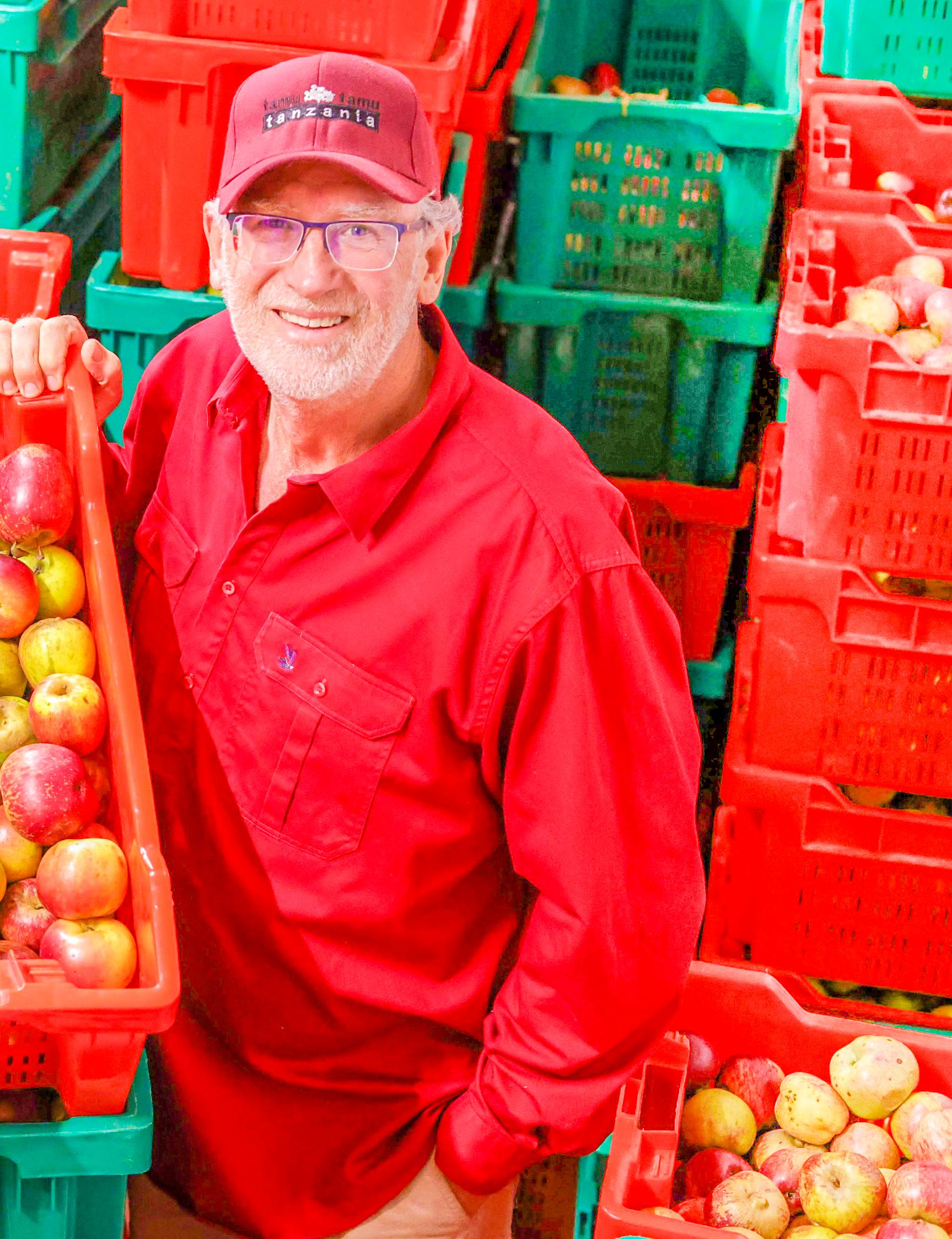

FROM IMPORTS TO Empowerment
tamu tamu tanzania leads East Africa's apple farming drive
By Fridah Chepkoech
In East Africa, apples are often considered luxurious for their exotic nature. Despite the consistent pricing of this fruit year-round, accessibility remains limited in certain regions. Still, the delicious flavor and the growing emphasis on health-conscious eating have propelled the demand for apples among East African consumers.
According to the East African Business Council (EABC), East Africa spends a hefty US$500 million annually on importing fresh apples to be sold locally and utilized in various processed products, such as juice, alcoholic beverages, and snacks. But tamu tamu tanzania Ltd (ttt), a pioneering apple farm and apple tree nursery in Tanzania, is set to change this industry narrative.
David Alexander Runge, Commercial Director & Partner at tamu tamu tanzania, shared the remarkable growth story of the farming company in an interview with Fresh Produce Middle East and Africa Magazine. His insights shed light on the company’s journey and achievements within the dynamic agricultural landscape of East Africa.
SOCIAL ENTREPRENEURSHIP MEETS UNTAPPED POTENTIAL
Tamu tamu tanzania (ttt), derived from the Swahili word ‘tamu’ which means ‘sweet’, is a thriving apple enterprise established on a 200-acre farm in Tanzania’s Ifunda, Iringa Region. The farm was established in 2016 by young
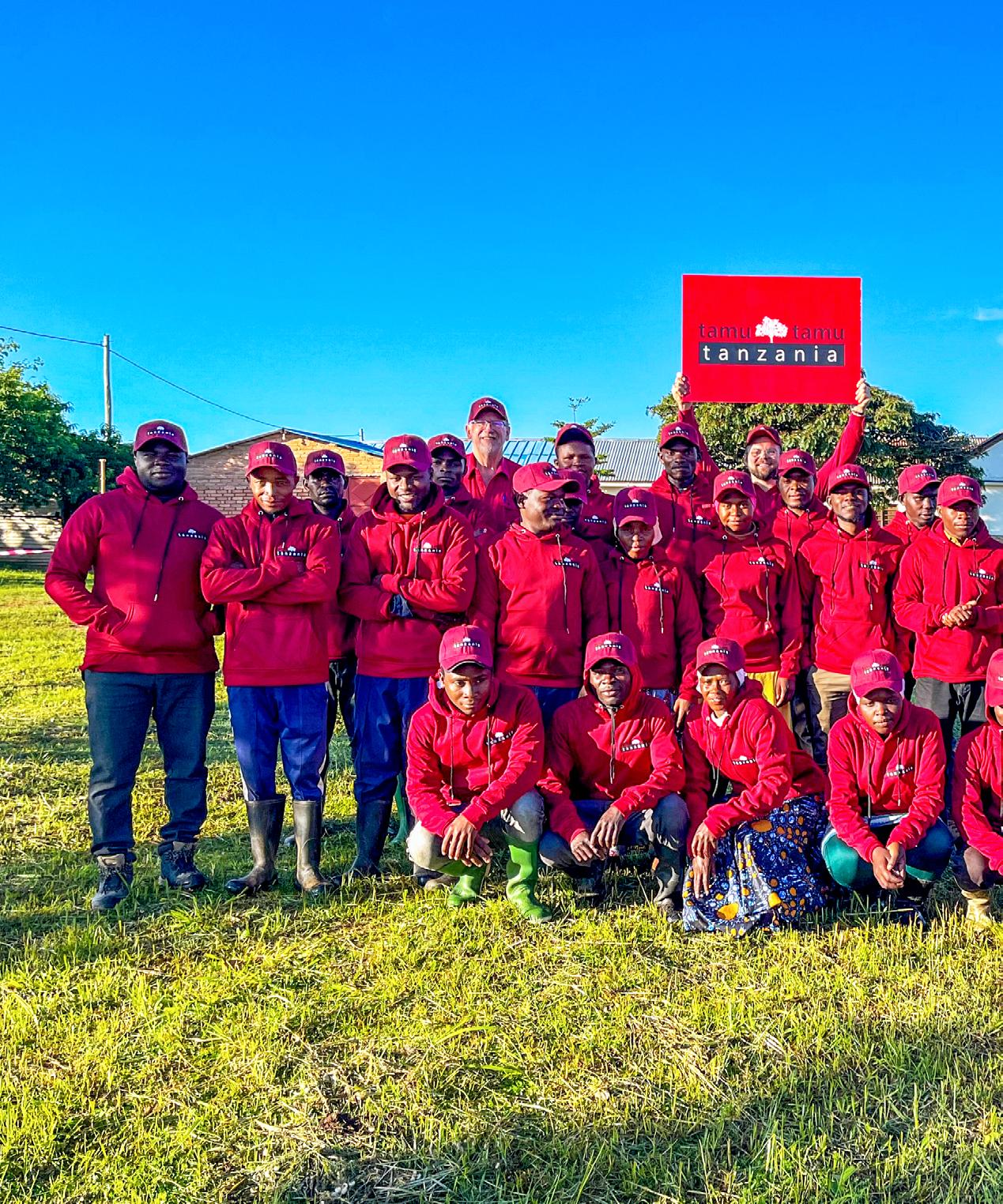
entrepreneurs: Amar Shanghavi and Hana Gajdosova, in turn selling the business a little over two years ago to Peter Schuurs and his business partner David Alexander Runge. Together, the current owners have harnessed their unwavering belief in development through entrepreneurship to breathe fresh life

APR/JUNE 2024 | FRESH PRODUCE MEA WWW.FRESHPRODUCEMEA.COM 22
COMPANY FEATURE: TAMU TAMU TANZANIA

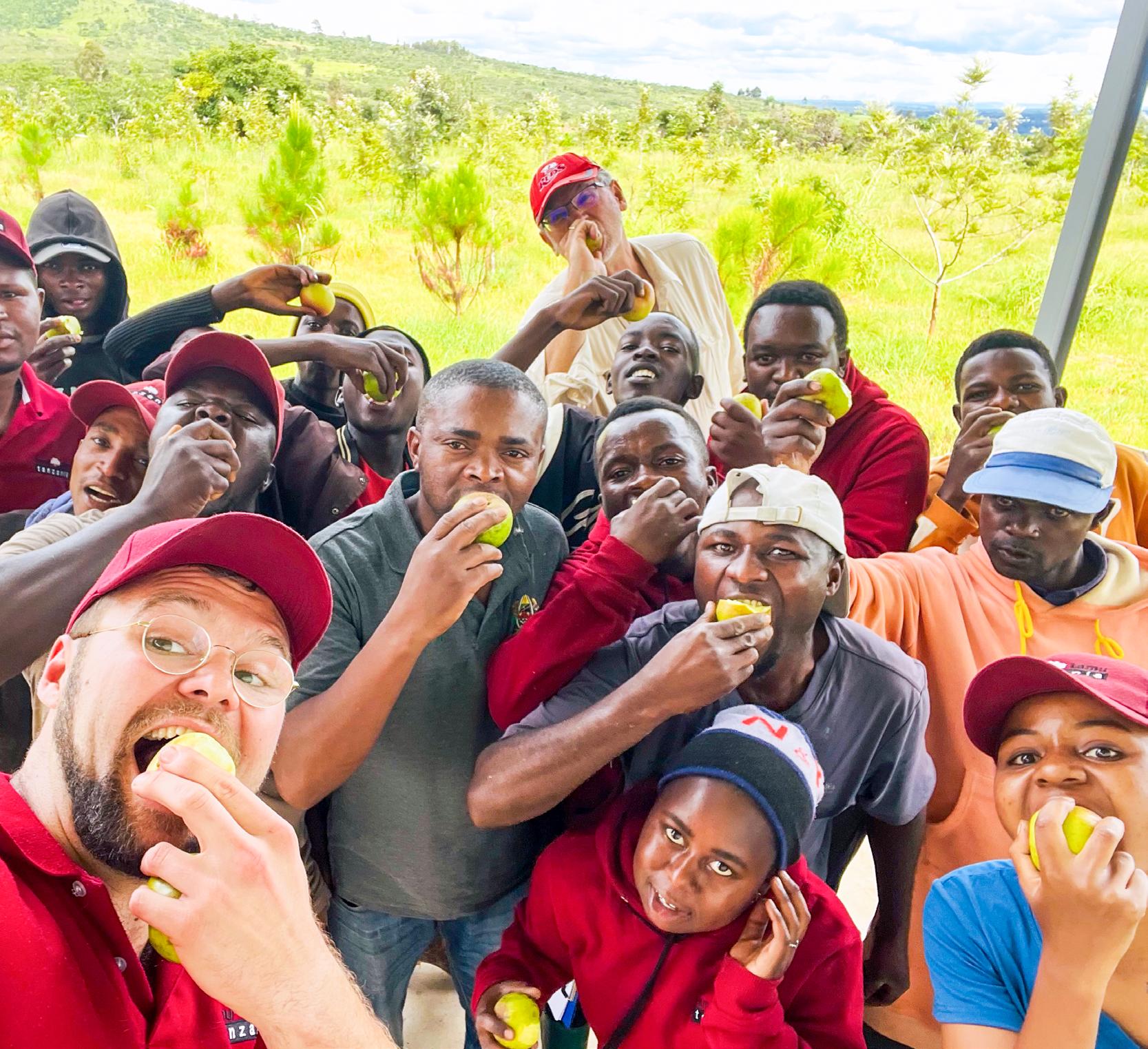
into this venture. Their journey, which combines a collective 60 years of experience, has exposed them to diverse sectors, including private enterprises and development industries, where they've witnessed the need for practical solutions and the importance of social entrepreneurship in driving societal impact.
More precisely, the duo’s observations during travels across East Africa confirmed the untapped potential of the region's apple sector. The gap sparked a radical vision transcending quick fixes, focusing instead on sustainable practices and empowering local communities. "For us, it's simple: giving someone an apple might satisfy them for a day, but providing them with the tools to cultivate an apple tree turns them into an entrepreneur," remarked David Runge.
Drawing from his partner Peter's experience managing large-scale agricultural projects globally, they identified an opportunity to shift focus from export-driven models to local production. "We saw the potential to replace costly imports with locally sourced alternatives," Runge explained.
Comprehensive Research and Development (R&D) plays a pivotal role in ttt, contributing significantly to its growth, innovation, and competitive edge. Since its inception, ttt has
introduced over 50 new apple varieties, reducing this number over time down to 10 well-proven varieties, and with ongoing R&D adding new varieties and rootstocks annually. The farm’s R&D process is meticulously structured. Before market launch, each variety undergoes a rigorous three-year assessment process, ensuring alignment with ttt’s standards for quality and profitability."We aim to elevate professionalism and product quality in the East African agricultural sector," Runge articulated the company’s vision. "We're dedicated to equipping East African farmers with the necessary tools to run successful businesses with high-quality products and services backed by solid business cases." ttt, driven by its unwavering commitment to transparency and relentless pursuit of excellence, has since demonstrated remarkable progress. However, this journey was not without its share of specific challenges and bottlenecks.
SUCCESSFULLY NAVIGATING UNCHARTED TERRITORIES
The
people
Since the project ventured into new territories with an unexplored tree crop
USD 500M
VALUE OF APPLE IMPORTS INTO EAST AFRICA ANNUALLY
APR/JUNE 2024 | FRESH PRODUCE MEA WWW.FRESHPRODUCEMEA.COM 23
Mr. David Runge with a team of ttt staff in one of the farms
A section of apples being packed in boxes, readying for transportation
in the region, resistance to its adoption was inevitable. Runge elaborated on the obstacles encountered during their journey, highlighting the complexities of human behavior and the reluctance of farmers to adopt new crops. He identified this as their largest challenge, emphasizing the need to educate and incentivize farmers to embrace apple cultivation. "In East Africa, many farming actors tend to follow established practices rather than venture into the unknown," Runge explained. "Our task is to convince them of the potential benefits, and overcome their hesitancy."

The second human-centered challenge identified by Runge is the lack of proper and effective implementation of agricultural practices. Despite providing resources and guidance, there is an inherent difficulty in ensuring farmers' adoption of ttt’s recommended techniques. "In Tanzania, we're beginning to see progress," Runge remarked optimistically. "Former customers are recognizing the value we offer, even when our products may come at a slightly higher cost."
Reflecting on their approach, Runge emphasized their commitment to prioritizing long-term impact over shortterm profit. He highlighted initiatives such as sharing knowledge online and welcoming university and school student visits as integral to their ethos of transparency and collaboration.
takes a favorable approach compared to other African countries. With years of experience in agribusiness across the globe, Runge and his partner, Peter, chose Tanzania as their base due to its distinct environment and potential for long-term growth.
"Tanzania stands out for its commitment to its path," Runge explained. He recalled a direct and productive interaction with Tanzanian officials, particularly Agriculture Minister, Honorable Hussein Bashe, who hails from the private sector and understood the needs of entrepreneurs like ttt.

"The Minister's straightforward approach was refreshing," Runge noted. "He recognized the potential impact of ttt, and took concrete steps to facilitate our work, addressing issues such as reducing costs for Tanzanian farmers."
Reflecting on his dealings with Tanzanian authorities, Runge emphasized their efficiency and pragmatism, contrasting it with the bureaucratic hurdles encountered elsewhere. "In Tanzania, it was straightforward and results-oriented," Runge remarked. "No unnecessary red tape—just meaningful dialogue and tangible outcomes."
Recent Milestones: Projects and Achievements
"We believe in fostering relationships with educational institutions and the community," Runge explained. "It's not just about marketing; it's about building trust and driving positive change."
The Government
Private entities often experience challenges from the government, depending on the political and regulatory environment in which they operate. Fortunately for ttt, Tanzania

ttt is not merely advancing in agricultural practices; it is also embarking on a journey towards self-sufficiency.
David Runge provided an overview of recent projects and achievements, detailing their journey into offering a diverse range of apple varieties. Currently, ttt offers ten varieties of apple trees for sale, with ongoing R&D efforts promising further expansion.
Their clientele includes both smallscale farmers and corporate entities.
APR/JUNE 2024 | FRESH PRODUCE MEA WWW.FRESHPRODUCEMEA.COM 24
COMPANY FEATURE: TAMU TAMU TANZANIA
IN EAST AFRICA, MANY FARMING ACTORS TEND TO FOLLOW ESTABLISHED PRACTICES RATHER THAN VENTURE INTO THE UNKNOWN. OUR TASK IS TO CONVINCE THEM OF THE POTENTIAL BENEFITS, AND OVERCOME THEIR HESITANCY.
David
Runge - Commercial Director,
ttt
Recently, the Southern Agricultural Growth Corridor of Tanzania (SAGCOT Centre) approached ttt for collaborative work to further drive high-income streams through apple growing in the region. Runge emphasized ttt’s unique adaptability in their sales approach since customers typically opt for smaller quantities rather than bulk orders. Looking ahead, ttt plans to venture into apple cider and juice production, aiming to become a significant organic player in Tanzania. Additionally, they aspire to be a major producer of fresh strawberries and will explore importing other fruit species for diversification. Its marketing channels for high-quality, grafted apple trees extend to Ghana, Nigeria, Kenya, Uganda,
DRC, and Zambia, presenting a promising opportunity for global expansion and replicating in collaboration with investors the ttt model in other African countries. Runge highlighted their unique position as the sole provider of realworld, grafted apple trees across the equatorial regions and Africa. This distinctive offering has attracted attention from various regions, with inquiries coming from places as diverse as Cambodia and the Caribbean, demonstrating a growing trend.
“While the apple tree export business wasn't initially our focus, it's expected to become a significant part of our company—not because we seek it, but because there's demand for it, and we're the only ones who can supply it," expressed Runge.
COMMITMENT TO SUSTAINABILITY AND COMPLIANCE
In today’s global landscape, sustainability has emerged as a critical business imperative, drawing attention from all stakeholders. In this context, ttt has fully embraced the challenge. During the discussion on sustainability and compliance, David Runge emphasized the company’s commitment to organic practices and regenerative agriculture. He highlighted the inherent sustainability of tree crops and their long-term benefits. However, he also cautioned against greenwashing, pointing out the disparity between environmental claims and actual practices. "It's always a bit like

APR/JUNE 2024 | FRESH PRODUCE MEA WWW.FRESHPRODUCEMEA.COM 25
ACKNOWLEDGING CURRENT LIMITATIONS IN PROCESSING CAPACITY, RUNGE OUTLINED FUTURE PLANS FOR EXPANDING PROCESSING CAPABILITIES, INCLUDING PRODUCING APPLE JUICE, CIDER, OR DRIED APPLES, REGARDLESS OF COSMETIC IMPERFECTIONS.
reality versus greenwashing," Runge remarked, emphasizing the need for genuine efforts rather than mere environmental rhetoric. ttt firmly believes in achieving as much ecological, as economical sustainability, with high per-hectare returns via organic farming.
Runge, while acknowledging the need for self-critique, outlined two main contributions of ttt to sustainability: Providing a high-quality product that serves as a long-term investment for generations and Offering free educational resources, particularly through his partner Peter Schuurs’
expertise in making sustainable farming work financially.
Runge stressed the importance of demystifying the economic implications of organic farming. To this end, a forthcoming paper will provide accessible information, in both English and Swahili, for local farmers. He expressed skepticism about corporate sustainability rhetoric, contrasting it with ttt’s practical approach of sharing commercial knowledge, and fairly compensating interns.
The interview topic shifted to ttt’s internship program, which Runge acknowledged as crucial. ttt is committed to providing valuable experiences for interns. “We pay our interns. We compensate them fairly, and if they demonstrate the right attitude and performance, there’s potential for long-term employment.” Runge emphasized the importance of internships for both the interns’ and the organization’s growth, further noting his commitment to fairness and community engagement. He expressed his belief in the value of internships for organizational improvement, stating, "Every company should offer internships. It allows you to identify and address shortcomings within your team."
As another contribution to sustainability, ttt actively employs females, bridging the gender gap and fostering inclusivity. Moreover, considering the crop’s tree-based nature, the increased establishment of apple trees will ultimately
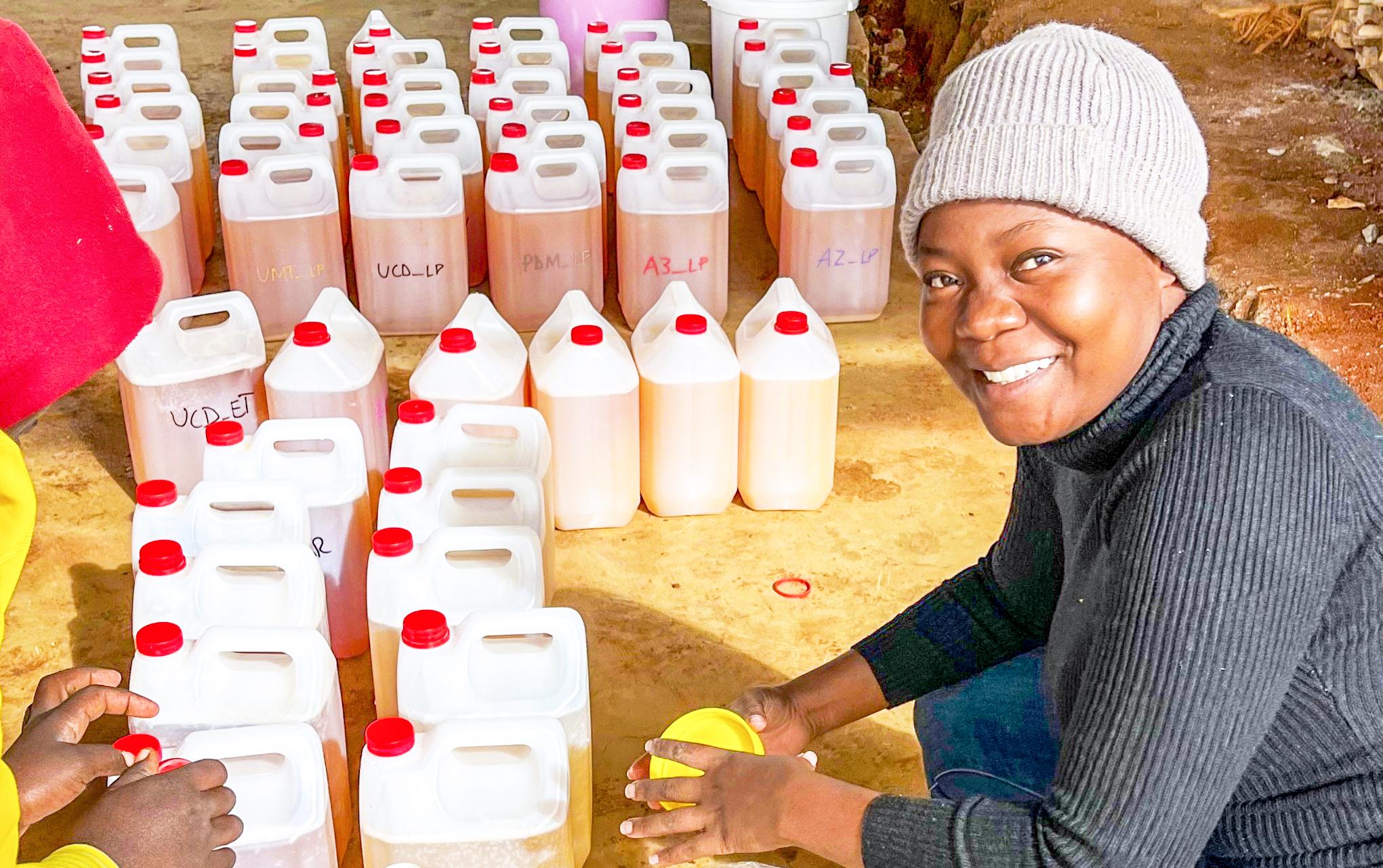
APR/JUNE 2024 | FRESH PRODUCE MEA WWW.FRESHPRODUCEMEA.COM 26
COMPANY FEATURE: TAMU TAMU TANZANIA
tamu tamu tanzania's first apple cider.
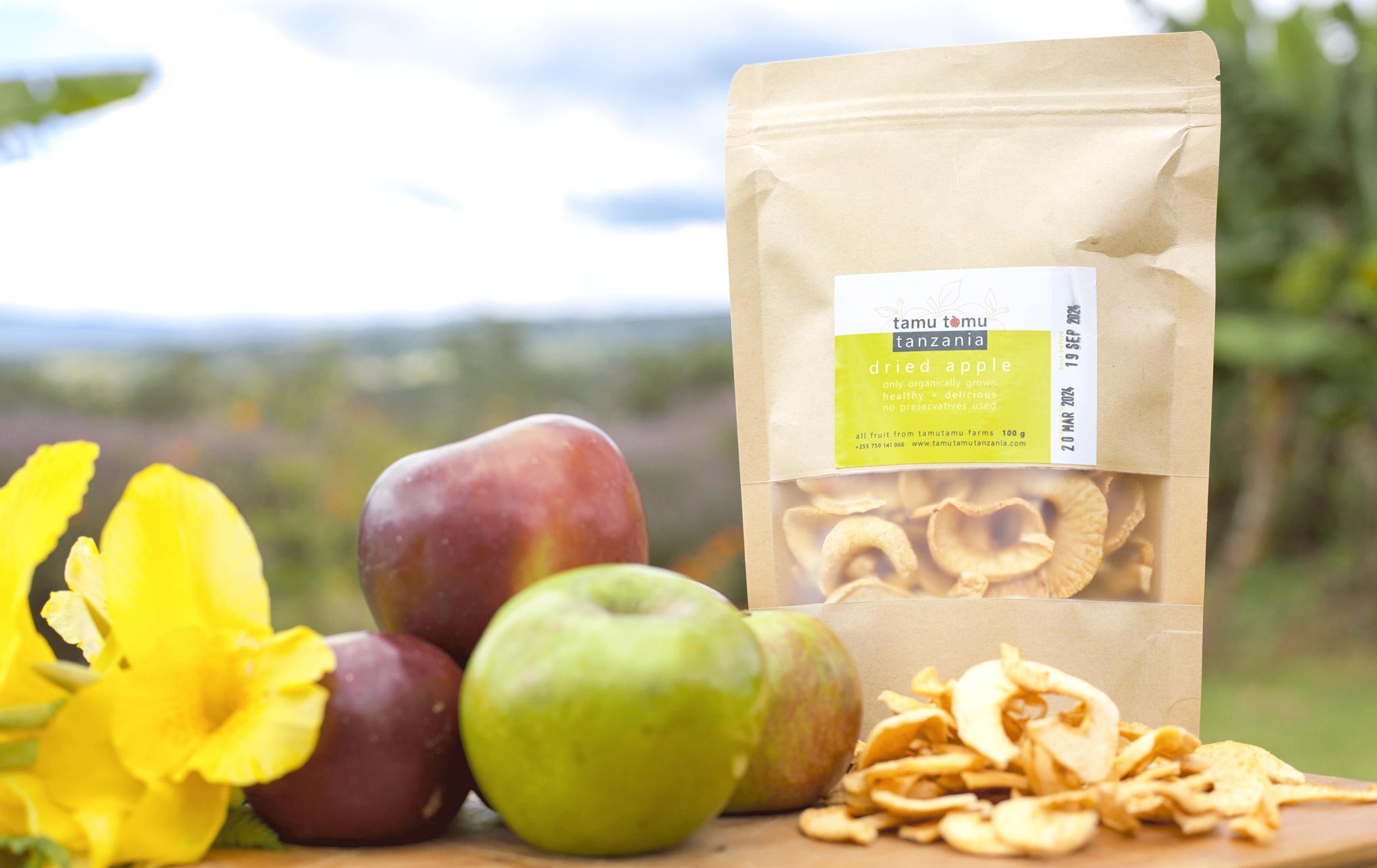
contribute to reducing carbon emissions.
In light of the progress achieved, David Runge expressed genuine excitement about upcoming initiatives. These include the implementation of chicken tractors and the collaborative sharing of knowledge on regenerative agriculture methods.
Furthermore, he expressed readiness and eagerness to welcome visitors and students from across East Africa for farm tours. He reinforced the importance of collaboration among colleagues to guarantee a successful event.
He further elaborated on their approach to mitigating post-harvest losses. He emphasized education for farmers as the primary strategy, followed by strategic planning in procurement and processing with major investments channeled toward an enhanced cold storage facility.
"Education is key for farmers," Runge emphasized. "Understanding the basics of a business case is crucial to guide what can be bought, sold, or processed in a sustainable manner."
Acknowledging current limitations in processing capacity, Runge outlined future plans for expanding processing capabilities, including producing apple juice, cider, or dried apples, regardless of cosmetic imperfections. He expressed confidence that with proper education, planting materials, processing equipment, and a solid market strategy, postharvest losses could be reduced to below 5%.
THE FUTURE: UNDER-PROMISE, OVER-DELIVER
The future of tamu tamu tanzania is not only sweet but also bright. With the current resources being sustainably and
regeneratively utilized, ttt is on a path to immense growth and impact. Runge outlined several key areas of focus for future growth during the interview. Firstly, he emphasized the opportunity for farmers to take full control of their produce by expanding processing capabilities. This involves branching out into other countries and regions, as well as diversifying product ranges. Additionally, with new apple varieties being continually introduced to the farm, the need for comprehensive, ongoing R&D to ensure high-quality products cannot be overstated.
ttt also recognizes the importance of digitizing operations within the company to streamline processes and improve efficiency. Runge emphasized the need to establish in-house supply chain solutions, reducing reliance on third-party players.
Runge identifies these investment priorities as crucial for the next two years. The goals include enhancing professionalism, expanding product offerings, and optimizing management practices. With these efforts, tamu tamu tanzania anticipates significant increases in apple yields, projecting up to 140,000 apples per acre within their privately funded company.
"While conventional wisdom might suggest aiming for 150,000 apples per acre, we take a different approach. As my partner, Peter, often reminds me: Under-promise, overdeliver. With his decades of experience at 60 years old and my youthful energy at 30, we bring together a blend of wisdom and vigor," Runge highlighted their unconventional approach concluding the fruitful discussion.
APR/JUNE 2024 | FRESH PRODUCE MEA WWW.FRESHPRODUCEMEA.COM 27
FPMEA

MOROCCO Association AVOCADO
Propelling Morocco’s avocado production and exports to new heights
By Alphonse Okoth
Morocco's climate has proved perfect for avocado growers, with the fruit's widespread popularity and ability to command high market prices seeing exports increase year on year. Morocco's avocado production primarily focuses on Hass avocados, known for their creamy texture and nutty flavor. The Hass variety is wellsuited to the country's climate conditions, including warm temperatures and sufficient irrigation availability. This variety is also preferred internationally, contributing to Morocco's export potential.
Despite Morocco facing challenges, including water scarcity and the need for sustainable farming practices to minimize environmental impact, the government and agricultural organizations are working on initiatives to support avocado growers, encourage export markets, and ensure the sustainability of avocado farming in Morocco.
In an interview with Fresh Produce Middle East and Africa magazine (FPMEA), Abdellah Elyamlahi, CEO of Morocco Avocado Association (MAVA) shares the role
of the association in increasing Morocco's avocado exports.
FPMEA: Give us a brief history of MAVA, why it was formed and how many members the association has?
ELYAMLAHI: The origin the association can be traced back to when farmers in Morocco wanted switch to avocado farming because of the profits, compared to strawberries and other fruits. The increase in the number of avocado farmers brought about an increase in the volume of harvest. This availability of fruits for export provided the opportunity to form an umbrella organization for exporters, something that was not easy, considering the competitive nature of exporters in the country.
I am the guy behind MAVA as I understand that the sector must be organized to have a chance at the international level. I have an export company, Export Optimum, and this has



WWW.FRESHPRODUCEMEA.COM

where there are rains frequently. So, most of these farmers are in one geographical location making it easy for exporters to access the farms. In terms of how we work with farmers, we visit farms and offer competitive prices for the produce. We not only buy avocados but also try to offer training and updates on the market standard expected at the international level.
Another aspect is encouraging farmers to shift to organic farming for better quality fruits which can fetch better prices. For fruits that do not meet the market standards, we offer half prices, and this is something that the farmers have agreed to. The farmers must work hard to ensure that the fruit meets set standards to fetch decent prices.
FPMEA: As an association what are your targets and what do you do to meet the set targets?
THIS SEASON WE HAD A TARGET OF EXPORTING 60,000 TONNES OF AVOCADOS. AS OF THE BEGINNING OF MARCH 2024, WE HAD HIT THE TARGET WITH A MONTH TO GO IN THIS YEAR'S HARVEST SEASON.
given me the opportunity to get first-hand information on the requirements to have an increased share of the export market. had to go to my competitors, insisting on the benefits we would get as a group rather than as an individual. We started with six members (packers and exporters), inviting them one by one. These exporters represent 70% of all exported avocados in the country.
FPMEA: Being an exporter lead association, how do you work with farmers across the country to ensure most of the harvest gets to the intended target?
ELYAMLAHI: Avocado in grown in northern part of Morocco
ELYAMLAHI: Simple, we estimate the actual farms that produces avocado in Morocco, the new farms that will come productive in the next season. Based on this data, we also estimate the volume of fruits we expect in a particular season, taking into consideration natural hazards such as sandstorms that destroy fruits.
This season we had a target of exporting 60,000 tonnes of avocados. As of the beginning of March 2024, we had hit the target with a month to go in this year's harvest season. This is a significant improvement compared to last year when Morocco exported 40,000 tonnes of avocados, worth US$120 million.
Our primary market is Europe, but we are also exploring other markets in the middle east as those markets are growing and MAVA wants to ensure we grow with them. Even though there is competition from countries in South America such as Peru, an enormous opportunity presents itself in other regions and we are confident we will be able to export more in the Middle East.
FPMEA: How do you, as an association, encourage sustainable farming and practices in the entire value chain, from planting to exporting?
ELYAMLAHI: Well, sustainability expands to our sector as well.
APR/JUNE 2024 | FRESH PRODUCE MEA WWW.FRESHPRODUCEMEA.COM 30 EXECUTIVE INTERVIEW: MAVA
First, we encourage farmers to switch to organic farming to have competitive fruits at the international level. The poor-quality fruits are not discarded, instead they are sold to guacamole factories. This way we ensure that all fruits produced end up being utilized. Second, as our primary export market is Europe, we use road freight as opposed to air. We cross Spain, which is 50km away. This proximity makes sense as Spain tend to be our main market as well. This statistically has less carbon footprint compared to air and is less expensive as well.
Another thing right now is the water crisis in the Kingdom. All the farms are equipped with drip water systems. As you may know, avocado trees do not require intensive care and consume less water than many thought. The fact is avocado consumes less water compared with other crops, for example avocado consumes 800 liters per kilo compared to coffee which consumes 15,000 liter per kilo in coffee.
In addition, farmers have shifted to solar energy that is easily available in the region, cutting over-reliance on the national grid. This helps us to be efficient in terms of consumption of electricity and energy.
Working with international labels and standards, we want to implement the latest regulations regarding sustainability. We have been working with Smithers and other supermarket giants in the UK like Lidl and Tesco to meet expected standards in the European region.
FPMEA: What are some of the initiatives MAVA looks to do in the near future?
ELYAMLAHI: The next step is to comply with phytosanitary treatment. We recently had a meeting with ONSA (National
Office of Food Security) to develop a comprehensive treatment guidebook for distribution to farmers. This guidebook will ensure that everyone adheres to specific product treatments tailored for each disease. For instance, avocados will have restrictions on certain items permitted in European markets. This is crucial as the avocado industry is expanding rapidly, and standardizing processes is essential to incentivize growth. This initiative is our primary focus as we move forward.
In addition, we aim to encourage farmers to adopt international packing methods. Currently, we purchase avocados of all sizes at a single price, but we want to move towards a more competitive model where each size commands its own market price. This shift is essential to tap into new markets and accommodate increasing volumes, fostering growth in the Moroccan avocado industry.
We are also committed to integrating social aspects by involving small-scale farmers, not just large-scale ones. This inclusivity is important for the industry's long-term viability and positive impact on local communities.
AVOCADO EXPORT SET TO INCREASE IN THE COMING YEARS
Avocado cultivation represents a diversification strategy for Moroccan agriculture. By expanding avocado production and exports, Morocco can reduce dependence on traditional crops and boost rural development. With increasing investments, favorable climate conditions, and growing global demand, Morocco's avocado exports are set to rise significantly in the coming years. This growth presents an opportunity for the country to further establish itself as a key player in the international avocado market.
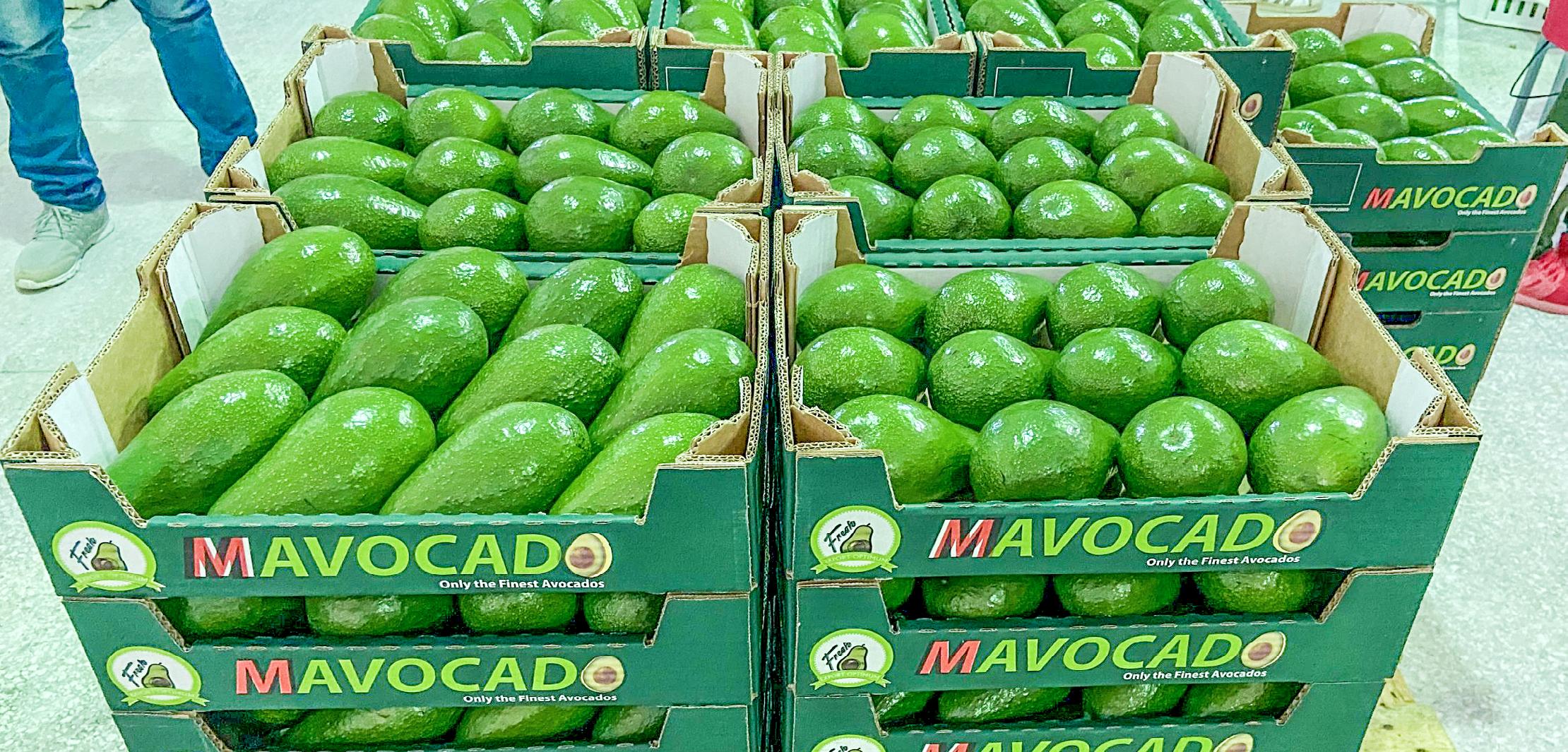
APR/JUNE 2024 | FRESH PRODUCE MEA WWW.FRESHPRODUCEMEA.COM 31
FPMEA

Hybrid POTATO SEEDS
Adopting hybrid potato seeds has the potential to propel Africa into a global leadership position in fresh produce production and sustainable farming.
By Charles Miller, Director- Strategic Alliances & Development, Solynta
Afrequently cited statistic about Africa is the United Nations' “World Population Prospects,” which states that by 2050, the continent will be home to nearly 2.5 billion people. Anyone working within Africa already knows this to be true and also knows it is only a part of the story. Not only will Africa be where a quarter of the world’s population lives, it will be where most of the world’s population gets food.
As growers of a global staple crop (as well as a nutritious and popular one), African potato farmers are poised to unlock the economic growth of the fresh produce sector in Africa. In doing so, they will make the continent’s coming population growth a sure source of economic prosperity. This article explores challenges and opportunities for African potato farmers.

CHALLENGES AND OPPORTUNITIES FOR AFRICAN POTATO FARMERS
African potato farmers are facing three significant challenges in making this successful future a reality - access to resources, then access to reasonably priced resources, and, throughout, the ever-present threat of crop disease.
ACCESS TO HIGH-QUALITY SEEDS
There is a worldwide scarcity of high-quality seeds and seed tubers. Given the number of potato farmers, there is not enough planting material to grow the amount of potatoes desired by the market. According to the Food and Agriculture Organization (FAO), potato production in countries such as Burundi, the Democratic Republic of the Congo (DRC), Rwanda, and Uganda regions remains very low, typically yielding around 10–15 tons per hectare with the primary reason for this low productivity attributed to poor quality of

APR/JUNE 2024 | FRESH PRODUCE MEA WWW.FRESHPRODUCEMEA.COM 32
CROP FOCUS: POTATOES

propagation material (seed tubers).
Given this trend, Rwanda, for instance, recently took part in a USAID-funded potato project led by the International Potato Center (CIP) to deliberate on enhanced production of high-quality early seed generation (EGS) in a 5-day intensive training in Kenya.
However, even though active efforts are underway to ensure high-quality seeds and seed tubers are made available, intra-regional trade barriers still obstruct the movement of many agricultural commodities, including potato seeds. Moreover, with the increased demand, certain countries fare better if they are more welcoming to different seed varieties - such as ones with scientific-based import regulations and registration requirements.
As such, aside from the regulatory complexities country-tocountry, there are customs procedures to follow and divergent standards to adhere to, and what we see as a result is seed trade not being equally spread across potato-growing markets. This affects farmers' financial stability, threatening regional food security, which presents stunted economic growth and food insecurity.
FAO and the African Union Commission (AUC) jointly published a framework to address this issue. The framework aims to boost intra-African trade in agricultural commodities and services. It supports regional economic integration and seeks to unlock the potential of the agricultural sector for sustainable and inclusive growth in Africa. By removing barriers, it aims to enhance trade opportunities at local, regional, and international levels.
Trade harmonization would go a long way to supporting
THERE IS A WORLDWIDE SCARCITY OF HIGH-QUALITY SEEDS AND SEED TUBERS. GIVEN THE NUMBER OF POTATO FARMERS, THERE IS NOT ENOUGH PLANTING MATERIAL TO GROW THE AMOUNT OF POTATOES DESIRED BY THE MARKET.
potato farmers, including the acceptance of varieties of seeds grown in other countries nearby. It would also mean that African potato growers participating in local or national seed breeding programs could get even more funding from different countries by selling their developed products. An easier route to introducing seeds from within a region (if not a continent) would patch the gaps in seed accessibility, especially when the competition from other markets is fierce.
AFFORDABILITY OF AGRICULTURAL RESOURCES
The second challenge for African potato farmers is access to other reasonably priced agricultural resources including affordable quality seeds. There is no economic stability if farmers cannot afford their seeds, storage, technology, fertilizer, or even agrochemicals at a reasonable price. The cause of the higher costs is multi-faceted, but the result is the same: A lack


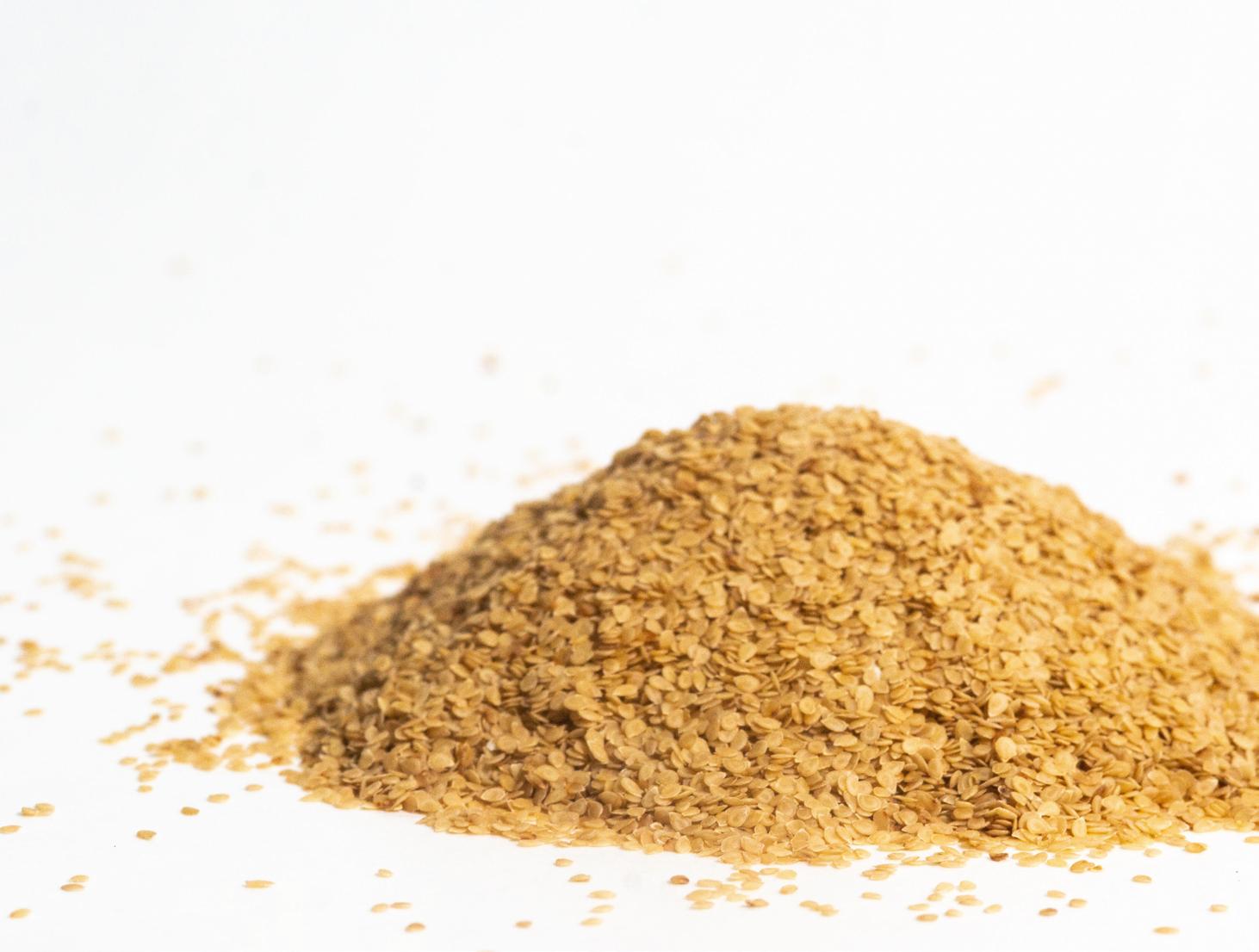
APR/JUNE 2024 | FRESH PRODUCE MEA WWW.FRESHPRODUCEMEA.COM 33


of resources at the “last mile” that makes it difficult for growers even to begin.
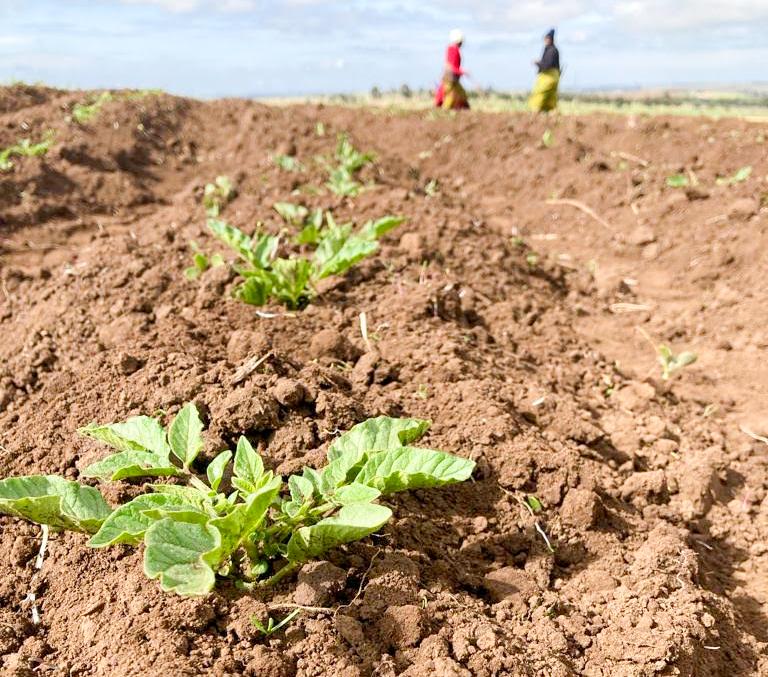
Famine, is an increasing concern of potato farmers worldwide.
25g
AMOUNT OF TRUE POTATO SEEDS EQUIVALENT TO 2500KG OF SEED TUBERS
However, there does seem to be a correlation with a lack of infrastructure for research and development (usually due to insufficient regulatory investment in a vibrant and local seed industry). This causes, among other effects, a prevalence of counterfeit seeds and an even higher premium placed on quality seeds. The answer is not to subsidize the cost of foreign seeds or resources. Instead, what we see works well when a country invests in a goal of higher agricultural performance with a focus on seed development.
The resulting regulatory policies allow seed companies to invest themselves in the infrastructure for research and production, making quality seed access a certainty within the country.
DISEASE MANAGEMENT
Finally, the third challenge facing African potato farmers is disease. When African potato growers can access quality seeds and seed tubers at reasonable prices, their work can be undone within a growing season if their crop is affected by a disease, such as late blight. Late blight, infamous for causing the Irish
As climates change, there is more intense rain and longer dry periods. Both cause challenges for growers, but a prolonged rainy season (as we saw in the European Union in 2023) creates perfect conditions for this destructive disease. Not only was the supply of potatoes affected, but it also affected the upcoming year’s source of starting material. The lack of unaffected seed tubers is one of the reasons the costs mentioned for potato growing resources are rising so dramatically.
Unfortunately, late blight is not the only disease that can ruin a potato growing season. Potatoes are primarily grown from seed tubers (not from seeds), and the seed tubers often spoil in transit and are much more likely than true seeds to carry disease.
Despite these challenges, Africa is already well-positioned to become a global agricultural powerhouse thanks to its growers. This future becomes nearly certain when considering African farmers' adoption of hybrid crops. Building on the tradition that African growers have built over decades with their hybrid crops of maize, sunflowers, sorghum, tomatoes, and more, hybrid potatoes are well-positioned even further to increase Africa’s fresh produce production, as well as its tradition for sustainable farming practices.
Hybrid potatoes are not genetically modified crops (GMO). These potatoes are grown from seeds (also called true potato seeds) that have been naturally and carefully bred to include beneficial traits like disease resistance and adaptability
APR/JUNE 2024 | FRESH PRODUCE MEA WWW.FRESHPRODUCEMEA.COM 34
Potato
CROP FOCUS: POTATOES

to climate changes. At Solynta, we’ve been developing these hybrid varieties for nearly twenty years. We’ve worked with our partners to rigorously field-test them in more than 40 countries across the African continent, Europe, and other parts of the potato-producing world. The results speak for themselves - African potato farmers are growing reliable crops whose economics make for a more resilient farming sector.
A perfect illustration can be drawn from a groundbreaking pilot project that was conducted by Solidaridad and Solynta in Mozambique. The outcome was very encouraging with the average yields of the three hybrid seed varieties ranging from 8.5 MT/ha to an impressive 25.9 MT/ha. In comparison, local control varieties yielded around 8 MT/ha. This trial demonstrated the great potential of using true potato seeds to drastically improve and innovate potato production in, not only, Mozambique but also, across the globe.
We are certain that the expansion and acceptance of hybrid breeding would make a noticeable, positive impact on Africa’s agricultural aims. If the pilot results are replicated in local farmer fields, potato production in Mozambique could increase by more than 50%. This would reduce dependence on imported ware potatoes and help develop a local supply of quality seed. It would empower more African farmers to trial (and even fully adopt) organic agriculture practices, as they greatly reduce the need for agrochemicals to prevent disease and pests. It would create a more sustainable farming system, as they could purchase and hold true potato seeds in their stock for years instead of engaging with the more costly and carbon-heavy supply chain for seed tubers. Lastly, it would substantially improve the economics of farming. Farmers only need 25 grams of clean and disease-free true potato seeds to start a potato crop, compared to 2,500 kgs of seed tubers to start the same crop.
Of course, the scientific proof points are only part of the equation. There must be collaborative efforts between researchers, farmers, and governments to address the challenges of access to hybrid seeds. Initiatives that invest in research and development can bolster certified seed production and target research to precise needs. Regulators can free farmers to trial innovations (including but not limited to hybrid seeds), opening the door to other innovations. More research
and development that can take place in friendlier regulatory environments should ultimately result in streamlined regulations and harmonized standards - which can strengthen trade networks for seeds across Africa.
This multi-stakeholder approach would accomplish the most critical goal, which is ensuring African producers have support at every step of the process. This support is wellearned; the continent’s well-established produce sector makes Africa’s future as a global agricultural powerhouse possible. Their adoption of new technologies and breeding techniques makes it certain to arrive even sooner than anticipated.
ABOUT SOLYNTA
Solynta is a Dutch seed company specializing in true potato seeds. Solynta’s mission is to help address global food insecurity by giving potato farmers the resources to grow more economical, robust and climate-resilient potato varieties. Solynta’s non-GMO, true potato seeds are the result of more than a decade of research and development in hybrid breeding. To learn more about their mission to unlock the true potential of potatoes, visit www.solynta.com.
ABOUT TRUE POTATO SEEDS
The ability to grow potato crops from true potato seeds, instead of only from seed tubers offers significant advantages to the potato industry. Seed tubers are more likely to carry disease or spoil in transit, and are more expensive to transport and store. Solynta’s true potato seeds are clean and disease-free, offering many advantages to the traditional starting materials used in potato growing. True potato seeds also have a shelf life of many years, and are much smaller and economical to transport and store. Additionally, true potato seeds are available year-round.
KEY FACTS AND STATISTICS:
Farmers only need 25 grams of clean and disease-free true potato seeds from Solynta to start a potato crop, compared to the 2500 kgs of perishable seed tubers previously required.
Through non-GMO hybrid breeding, true potato seeds feature beneficial natural traits like disease resistances - limiting the need for pesticide use - and are more robust against the impact of climate change. FPMEA

APR/JUNE 2024 | FRESH PRODUCE MEA WWW.FRESHPRODUCEMEA.COM 35

Investments Surge and Challenges abound in South Africa's Fresh Produce Sector
By Alphonse Okoth
The horticulture sub-sector in South Africa is not just a part of the country's agricultural industry, but a vital pillar of its economy. It contributes significantly to the GDP and provides numerous employment opportunities. This subsector, encompassing fruits, vegetables, and ornamental plants, is known for its diversity, innovation, and export potential. According to Mordor Intelligence, the South African fruits and Vegetables Market size, valued at US$2.38 billion in 2024, is expected to reach US$3.45 billion by 2029, growing at a CAGR of 7.70% during the forecast period (2024-2029). Understanding the dynamics of this sector is therefore of strategic importance.
In 2023, the horticultural industry contributed approximately 30% to the total agricultural output, reflecting its importance to the country's economy. Fruits, in particular, are a major export commodity, with citrus, apples, and grapes being the leading export products. Over the years, the total land area under cultivation of fruits and vegetables has steadily increased.
According to Fruit South Africa’s (Fruit SA) 2022 data, the total area under fruit cultivation expanded from 159,789 hectares in 2015 to 203,989 hectares in 2022. Fruit SA, a non-profit organization, serves as an umbrella body for various fresh fruit associations in South Africa, including Berries ZA (representing blueberry, blackberry, and raspberry growers), the
APR/JUNE 2024 | FRESH PRODUCE MEA WWW.FRESHPRODUCEMEA.COM 36 COUNTRY FOCUS: SOUTH AFRICA
Citrus Growers’ Association of Southern Africa (CGA), Fresh Produce Exporters’ Forum (FPEF), HORTGRO (representing the pome- and stone-fruit industries), South African Table Grape Industry (SATI), and Subtrop (representing avocado, litchi, and mango growers).
Despite the horticulture sector in South Africa grappling with challenges such as water scarcity, labor issues, and international competition, it has shown remarkable resilience. The government's proactive support, through initiatives like funding for infrastructure development and research programs, has further bolstered this sector. This unwavering commitment from the government underscores the sector's potential for growth and development, instilling confidence in its future.
This article explores the current state of South Africa's horticulture sub-sector, its challenges, and the opportunities ahead.
STRONG EXPORT DEMAND FUELS GROWTH
The horticulture sub-sector in South Africa has a promising future, driven by strong export demand. The country exports a significant 65% of the fruits produced, with only 11% consumed locally and 24% processed. Fruit production spans over 200,000 hectares of land, yielding a substantial 5.6MT of fruit.
For instance, the grape industry witnessed a surge in its exports in FY23/24. A report by the South African Table Grape Industry indicates that the overall harvest for the 2023/24 season closely matched the revised production forecast, with 75.7 million cartons (4.5 kilograms per carton) inspected and a total export volume of 73.5 million cartons, corresponding to approximately 330,750 metric tonnes.
This means that this season saw a 17% increase in South Africa’s table grape exports compared with last season. The

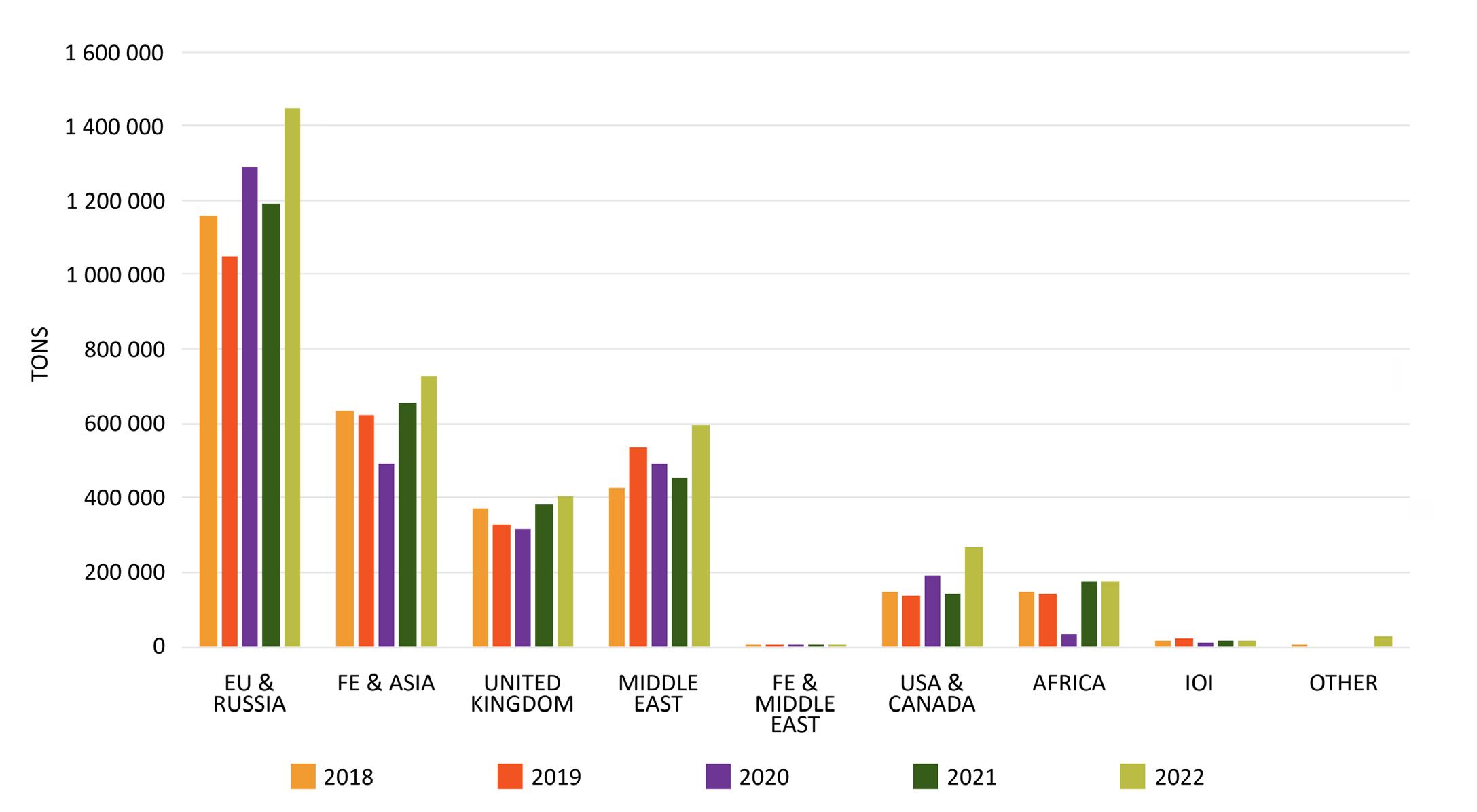
APR/JUNE 2024 | FRESH PRODUCE MEA WWW.FRESHPRODUCEMEA.COM 37
EXPORTS PER MARKET SEGMENT ALL FRUIT 5 YEAR MARKET TRENDS
top exported cultivars by growth this season included Ivory (+128%), Sweet Globe (+28%), Early Sweet (+24%) and Autumn Crisp (+20%).
Similarly, USDA FAS forecasts that South Africa’s tangerine/mandarin exports will increase 5% in 2023–24, to 630,000 MT. The European Union and the United Kingdom are the largest foreign markets for South African soft citrus, accounting for 45% of total exports.
Citrus Growers' Association of Southern Africa (CGA) has also hinted at an upward trajectory of citrus exports in 2024. Forecasts from CGA anticipate a staggering 83.6 million cartons of oranges to the global market in 2024. “These cartons are equivalent to 1.25 million tonnes of oranges, with each carton weighing 15 kilograms,” outlined Justin Chadwick, CEO at CGA. “This estimation marks a notable 16% uptick compared to the previous season, indicating the industry’s resilience amidst adversities.”
The country witnessed a 7% decrease in vegetable earnings in 2023, totaling US$190 million, down from US$206 million in 2022. The decline was attributed to export prohibitions by major Southern African Customs Union (sacu) markets and reduced domestic vegetable production. Despite this, Africa continues to be South Africa’s primary market for South African vegetable exports, accounting for 69% of the total value, with leading exports being potatoes, onions, carrots, tomatoes, cabbage, cauliflower, and lettuce.
INVESTMENTS SURGE TO KEEP THE SECTOR GROWING
In recent months, South Africa's fresh produce sector has experienced substantial investment, signaling strong confidence in the industry's future. This growth is driven by various factors, including global demand for high-quality produce, advancements in agricultural technology, and
2022 FRUIT KIND DISTRIBUTION (HA)

supportive government policies to enhance food security and export potential.
EXPANSION OF CITRUS ORCHARDS
South Africa's citrus industry, a major global supplier, has received a considerable boost. According to the Citrus Growers Association of Southern Africa (CGA), citrus orchards have been significantly expanded, particularly in the Eastern Cape and Limpopo regions. The CGA reports that approximately 5,000 hectares of new citrus orchards were planted over the past year, supported by local and international investors. This expansion is expected to increase the country's citrus exports,

APR/JUNE 2024 | FRESH PRODUCE MEA WWW.FRESHPRODUCEMEA.COM 38 COUNTRY FOCUS: SOUTH AFRICA

which already exceed 2 million tonnes annually.
HIGH-TECH GREENHOUSES FOR VEGETABLES
Substantial investment has also been made in the vegetable sector, particularly in high-tech greenhouses. A notable project is developing a state-of-the-art hydroponic greenhouse facility in Gauteng, funded by a consortium of private investors. Covering 20 hectares, this facility is designed to produce high-yield crops such as tomatoes, cucumbers, and peppers year-round, utilizing advanced irrigation and climate control systems. The expected annual output of this facility is projected to exceed 15,000 tonnes of fresh vegetables.
BOOST IN BERRY PRODUCTION
Berry production, particularly blueberries and raspberries, has been another focal point for investment. South African berry exports have grown rapidly, and recent funding has been directed towards expanding berry farms in the Western Cape and Mpumalanga. The South African Berry Producers Association (SABPA) noted that around R500 million (US$35 million) has been invested in new berry plantations and processing facilities.
AVOCADO SECTOR INVESTMENTS
The avocado sector is experiencing a boom, with new orchards being planted and existing farms expanding. Recent data from the South African Avocado Growers’ Association (SAAGA) indicates that about 2,000 hectares of new avocado orchards
were established in 2023, primarily in Limpopo and KwaZuluNatal. These expansions are funded by local agribusinesses and foreign investors attracted by the growing global demand for avocados.
In addition, the entry of a multinational player tends to put the country on the global stage. Sanifruit, a Spanishbased company, recently expanded its presence in South Africa during its sixth season of active work there. Initially focused on packhouses in the Eastern Cape, the company has now extended its reach to Limpopo and Mpumalanga.
Sanifruit aims to address some challenges citrus packhouses face, such as resistance to traditional chemicals and changes in regulations concerning active ingredients. Meanwhile, the Mediterranean Shipping Company’s (MSC) new state-of-theart ZAR 350 million (USD 18.36 million) cold storage facility is poised to address the region's surging demand for cold chain warehousing.
GOVERNMENT AND POLICY SUPPORT
The South African government has been crucial in fostering this investment environment. The Department of Agriculture, Land Reform, and Rural Development has introduced several initiatives to support the fresh produce sector.
These initiatives include subsidized loans and grants to farmers and agribusinesses to encourage the expansion of agricultural activities, investment in rural infrastructure such as irrigation systems and transportation networks to support farm productivity and market access, and intensified efforts to open new international markets for South African produce through trade agreements and promotional campaigns targeting Europe, Asia, and the Middle East.
The South African Cabinet has recently embraced the completion of the R3.4 billion (USD 177.5 million) Newlyn Park Bayhead Rail Terminal project at the Port of Durban. The project includes 640,000 square meters of warehousing, rail sidings, and open storage. This new terminal aims to facilitate the seamless flow of sea, rail, and road cargo through the Port of Durban, addressing recent logistical challenges.
The recent investments are set against a backdrop of strong market dynamics. Global demand for high-quality, sustainably produced fresh produce continues to rise, driven by increasing health consciousness and dietary shifts. With its favorable climate and established agricultural expertise, South Africa is well-positioned to meet this demand.
CHALLENGES ABOUND
The horticulture sector in South Africa faces several significant challenges despite its recent investments and expansions. One of the primary issues is climate change, which leads to unpredictable weather patterns, affecting crop yields and the
APR/JUNE 2024 | FRESH PRODUCE MEA WWW.FRESHPRODUCEMEA.COM 39
2022 FRUIT EXPORTS PER MARKET DESTINATION
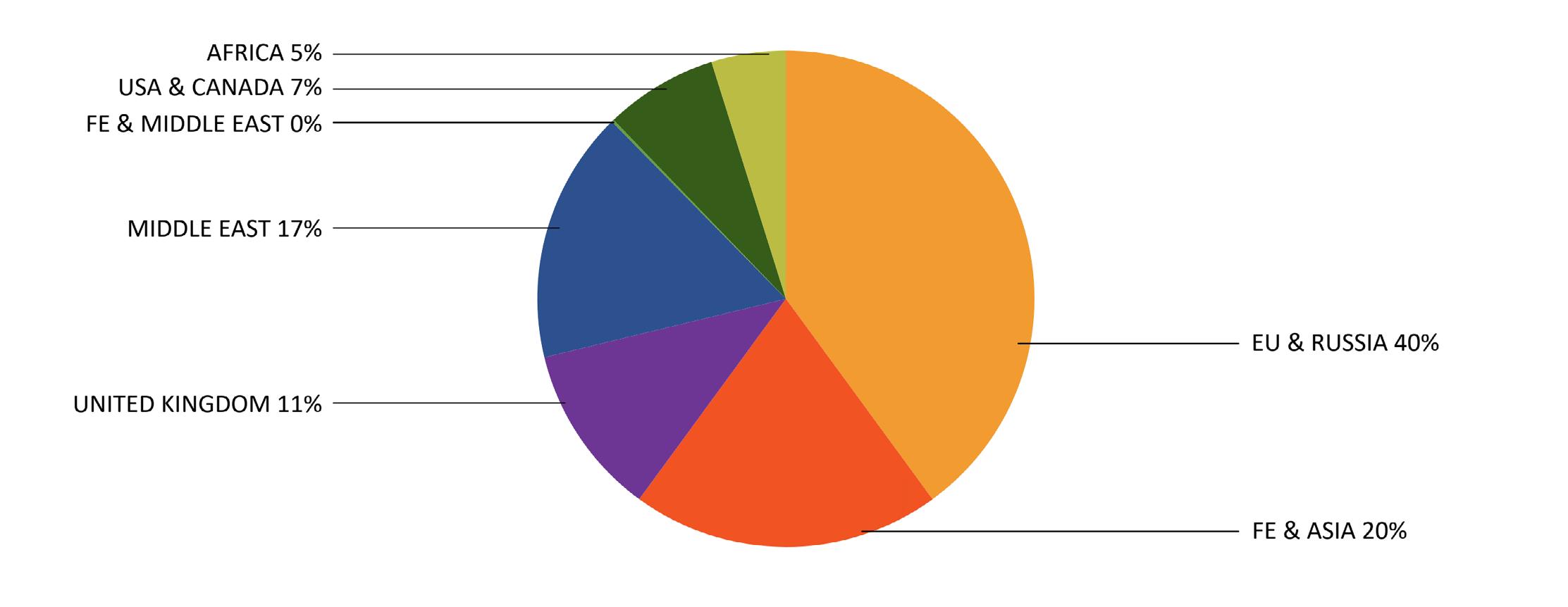
overall stability of production. Data from the South African Weather Service indicates an increase in the frequency and severity of droughts and heatwaves, which has put additional stress on water resources and agricultural productivity.
Water scarcity remains a critical concern. The Department of Water and Sanitation reports that the country's water availability per capita is expected to decline significantly by 2030, affecting irrigation and crop viability.
Additionally, the sector struggles with infrastructure limitations. Despite recent investments, many rural areas still lack adequate transportation networks, which hampers the efficient movement of produce to markets and export hubs. According to a 2023 report by the South African Chamber of Commerce and Industry, inadequate infrastructure contributes to higher logistics costs and reduced
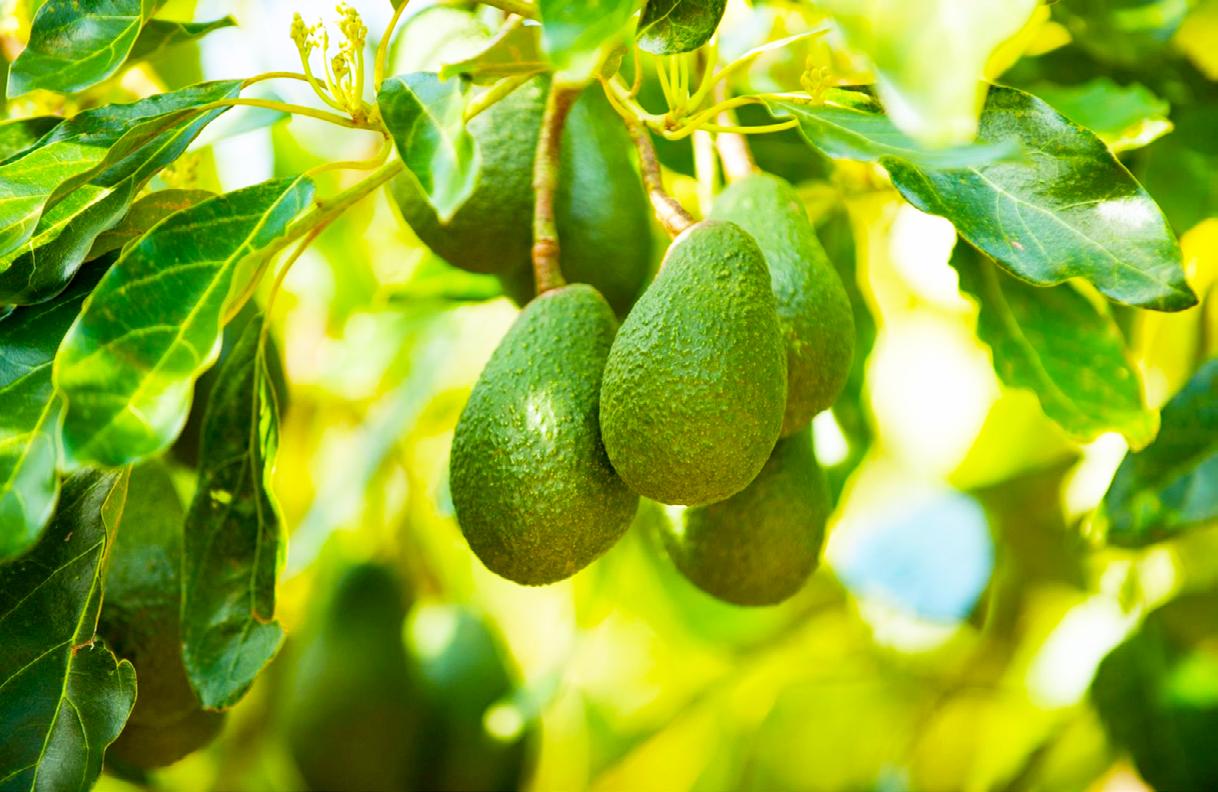
competitiveness in international markets.
Pest and disease management is another persistent issue. The Agricultural Research Council has highlighted the increasing prevalence of pests such as the Fall Armyworm, which has caused extensive crop damage in recent years. The lack of effective and sustainable pest control measures continuously threatens horticultural production.
Labor shortages and the need for skilled workers also present significant challenges. The sector relies heavily on seasonal labor, which is impacted by socio-economic factors and ruralurban migration. The South African National Agricultural Union (AgriSA) reported in 2023 that there is a growing skills gap in the agricultural workforce, affecting productivity and the adoption of modern agricultural practices.
Finally, market volatility and fluctuating commodity prices add to the uncertainty. The National Agricultural Marketing Council (NAMC) noted that global economic shifts and trade policies can lead to unpredictable pricing and demand, making it difficult for farmers to plan and invest effectively. This volatility is compounded by competition from established global players, which pressures South African producers to maintain high quality and cost-efficiency standards.
South Africa's fresh produce sector is on an upward trajectory, fueled by significant investments and supportive government policies. With continued focus on innovation and sustainability, the industry is poised for substantial growth, contributing to the country's economic development and food security. As new investments take root, South Africa's fresh produce industry is set to flourish, benefiting local communities and international markets. FPMEA
APR/JUNE 2024 | FRESH PRODUCE MEA WWW.FRESHPRODUCEMEA.COM 40
COUNTRY FOCUS: SOUTH AFRICA
Advertise in Fresh Produce Middle East & Africa - region's only fresh produce value chain magazine



WHY ADVERTISE IN THIS MAGAZINE?
• Reach the key decision makers in Africa & Middle East fruits, vegetable, flowers, spices and freight industry with one magazine
• Fresh Produce Middle East & Africa is the only magazine focused on the perishable goods in the region
• The magazine is available in both print and digital format, providing our advertisers with a regional and worldwide audience
• We offer more than just the magazine - we also offer digital advertising, organise industry events and webinars









TAP INTO AFRICA'S GROWING FRESH PRODUCE INDUSTRY
More Info:www.freshproducemea.com

INTRODUCTION
The Power of Fibre:
A Guide to Better Health
By Purity Hrisca
In the realm of nutrition, one component often overlooked but undeniably essential is dietary fibre. Despite its low profile, fibre plays a pivotal role in maintaining overall health and well-being. In this article, we will explore the significance of fibre in our diet, its various sources, the benefits it offers, signs of inadequate intake, and practical strategies to increase fibre consumption.
WHAT IS FIBRE?
Fibre, also known as roughage or bulk, is the indigestible part of plant-based foods that passes through the digestive system largely unchanged. There are two main types of dietary fibre: soluble and insoluble fibre. Soluble fibre dissolves in water to form a gel-like substance, while insoluble fibre remains intact as it moves through the digestive tract. Both types of fibre are vital for digestive health and overall well-being.
SOURCES OF FIBRE
a. Sources of Soluble Fibre
Soluble fibre can be found in various foods, including oats,
APR/JUNE 2024 | FRESH PRODUCE MEA WWW.FRESHPRODUCEMEA.COM 42

CONSUMING FOODS RICH IN FIBRE HAS A POSITIVE EFFECT ON HEALTH. HIGH LEVELS OF DIETARY FIBRE INTAKE CAN PREVENT
CARDIOVASCULAR DISEASE BY LOWERING CHOLESTEROL.
barley, legumes (beans, lentils, chickpeas and peas) fruits such as pears, oranges, apples and berries are great sources of soluble fibre. When it comes to vegetables, broccoli, Brussels sprouts and carrots are examples of good sources of soluble fibre. In the Kenyan context, staple foods like sorghum, millet, hyacinth beans, taro (nduma), and yams are rich sources of soluble fibre. For example, sorghum and millet, commonly consumed in Kenya, are whole grains packed with soluble fibre, vitamins, and minerals. Likewise, hyacinth beans, also known as njahi in Kenya and mbaazi (pigeon peas), are not only a good source of protein but also provide soluble fibre, supporting digestive health and overall well-being.
b. Sources of Insoluble Fibre
Insoluble fibre is abundant in whole grains, nuts, seeds, fruits especially the skin. Vegetables such as kale, spinach, cauliflower, cabbage and sweet potatoes are rich in insoluble fibre. Kenyan staples like wholemeal ugali, made from maize flour, peanuts, cowpea leaves (kunde), collard greens (sukuma wiki), nightshade leaves (managu), and amaranthus leaves (terere) are excellent sources of insoluble fibre. Additionally, arrowroot, commonly consumed in Kenya, is rich in insoluble fibre and can be incorporated into various dishes to boost fibre intake. These fibre-rich foods not only promote digestive health but also contribute to disease prevention and overall well-being.
BENEFITS OF FIBRE
Fibre offers a myriad of health benefits, including improved digestive health. One notable benefit of fibre is its ability to nourish beneficial gut bacteria, promoting a healthy gut microbiome. Soluble fibre, in particular, serves as a prebiotic, fuelling the growth of probiotic bacteria in the gut. By nourishing these beneficial bacteria, fibre helps maintain a balanced gut microbiota, which is essential for digestive health, immune function, and overall well-being.
A healthy gut microbiome, thanks to eating foods promoting it such as fibre, in turn has a cascading effect. Benefits of a healthy microbiome include further improved digestion and uptake of nutrients with the aid of the gut bacteria. Gut bacteria also interacts with the immune system, and regulating immune responses. A healthy microbiome has a positive impact on mental health and may reduce anxiety and depression.
Fibre supports weight management through promoting satiety. You feel fuller for longer periods, which reduces overall calorie intake. Fibre slows digestion especially the soluble type. Slowing down of digestion prevents blood sugar spikes which can contribute to overeating and also cravings for sugary or calorie dense foods.
Consuming foods rich in fibre has a positive effect on health. High levels of dietary fibre intake can prevent cardiovascular disease by lowering cholesterol (beta glucan fibre from oats binds to cholesterol preventing absorption). Fibre lowers blood pressure and may help prevent strokes.
Fibre supports blood glucose control in diabetes through improved insulin sensitivity, slowing down digestion and absorption. Fibre rich foods tend to have low glycaemic index (GI). GI is a measure of how quickly carbohydrates in foods

APR/JUNE 2024 | FRESH PRODUCE MEA WWW.FRESHPRODUCEMEA.COM 43 NUTRITION: DIETARY FIBRE

NAME: Purity Hrisca
ROLE: Regional (EMEAI) Supplier Quality Assurance Manager, Archer Daniels Midlands (ADM)
COUNTRY: UK
SECTOR: Food Safety & Quality Assurance
raise blood glucose levels. The fibre in low GI foods slows down digestion of the foods thus supporting individuals with diabetes manage blood glucose levels after meals.
RECOMMENDED DAILY ALLOWANCE OF FIBRE
While the recommended daily intake of fibre may vary based on factors such as age, sex, and individual health needs. A general guideline suggests that adults should aim for 25-30 grams of fibre per day. Achieving this target can be accomplished through a diverse diet comprising whole grains, fruits, vegetables, legumes, nuts, and seeds. In UK for instance, only 9% of adults consume the recommended daily allowance of fibre. Kenya on the other hand seems to be doing better, with 50% of households meeting the recommended allowance.
greens in your diet such as nightshade, amaranthus, stinging nettle, etc.
Snack on nuts and seeds: Nuts and seeds are excellent sources of fibre and healthy fats. Enjoy them as a snack or add them to salads, yogurt, or oatmeal for an extra nutrient boost.
Stay hydrated: Fibre absorbs water as it passes through the digestive tract, so it's essential to stay hydrated by drinking plenty of fluids. In addition to water, you can also consume herbal teas, coconut water, smoothies and fruitinfused water to stay hydrated while increasing fibre intake.
By adopting these simple strategies and incorporating fibre-rich foods into your diet, you can support your digestive health and overall well-being.
CONCLUSION
Purity Hrisca is a Regional (EMEAI) Supplier Quality Assurance Manager for Archer Daniels Midlands (ADM).
She is also a food educator, running a blog - albinna.com where she shares tips on various topics such as eating well and sustainable living. Purity is a fellow of the Institute of Food Science and Technology (IFST).
Prior to ADM, she worked as the Technical Manager at Sainsbury’s from June 2019 to January 2023, leading projects, managing suppliers, and conducting risk assessments. Her expertise ensures the highest standards in food safety and quality.
Insufficient fibre intake can lead to various digestive issues and health problems. Common signs of inadequate fibre consumption include constipation, bloating, and irregular bowel movements. If you experience these symptoms regularly, it may indicate the need to increase your fibre intake and make dietary adjustments.
HOW TO INCREASE YOUR FIBRE INTAKE
Boosting fibre consumption is simple and can be achieved by implementing minor changes to your diet and lifestyle. Here are some practical tips:
Opt for wholemeal options: Choose wholemeal bread, pasta, and rice over refined grains to increase your fibre intake.
Embrace fruits and vegetables: Incorporate a variety of fruits and vegetables into your meals and snacks to boost fibre intake. Aim for at least five servings per day. To add variety to your diet while consuming sufficient fibre, incorporate foraged or wild
In conclusion, fibre is a fundamental nutrient that plays a significant role in maintaining digestive health, preventing diseases, and promoting overall vitality. By prioritizing fibre-rich foods and making healthy lifestyle choices, you can harness the power of fibre to enhance your health and well-being. FPMEA

APR/JUNE 2024 | FRESH PRODUCE MEA WWW.FRESHPRODUCEMEA.COM 44
NUTRITION: DIETARY FIBRE
Eastern Africa Edition
Kampala, Uganda
September 3-5, 2024

Western Africa Edition
Lagos, Nigeria April, 2025
REASONS
Be
Southern Africa Edition
Date and Location to be confirmed
APR/JUNE 2024 | FRESH PRODUCE MEA WWW.FRESHPRODUCEMEA.COM 45
Africa’s No.1 food safety and quality conferences and trade shows
TO ATTEND THE SUMMIT
inspired
an unprecedented lineup of food safety
nutrition experts
by
and
and opinion shapers from across Africa and the World.
key
info@fwafrica.net +254 725 343 932 www.summit.foodsafetyafrica.net Sign up to Sponsor, Attend & Speak AFRICA Food Safety SUMMIT AFRICA Food Safety SUMMIT AFRICA Food Safety SUMMIT AFRICA Food Safety SUMMIT
Meet and network with some of the most influential
decision makers from the private and public sectors, NGOs and more across various disciplines and countries from Africa and beyond of career-changing exchanges and innovative ideas.
How Sea Freight Forwarding Safeguards Fresh Produce Shipments
By Fridah Chepkoech
Sea freight forwarding has evolved considerably over the years. This trend is especially true for perishable goods transportation, where ensuring safety and efficiency is paramount. The sector faces unique challenges, such as maintaining product freshness and quality over long distances; shipping companies are leveraging advanced technologies and logistics strategies to overcome these hurdles.
According to a recent UN World Food Program report, adopting storage technology interventions in global produce supply chains has reduced post-harvest losses by up to 98%.

Moreover, to meet the demands of today's quality-focused consumers, shipping lines transporting fresh produce are implementing strict measures to ensure freshness, taste, and safety. This article explores how innovations like innovative reefer technology, remote management, and other sea freight advances ensure reliable fresh produce shipments.
SMART REEFER TECHNOLOGY
If there's anything COVID-19 taught the world, it's the critical importance of resilient supply chains and innovative technologies. With people staying home, there was a global

APR/JUNE 2024 | FRESH PRODUCE MEA WWW.FRESHPRODUCEMEA.COM 46 LOGISTIC SUPPLY: SEA FREIGHT
surge in demand for fruits and vegetables, mainly for their health properties. This trend greatly influenced the adoption and acceleration of Smart Reefer Technology in the transportation industry – a highly expected outcome given that the technology optimizes cold chain logistics, protecting the quality of perishable goods from origin to destination. It's essential to grasp what reefer containers are first to understand how they achieve the intended goal.
Reefer Containers are specialized shipping containers designed to maintain specific temperature and humidity conditions. Smart Reefer Technology, thus, integrates advanced sensors, communication systems, and data analytics to enhance the management and monitoring of reefer containers during transit.
In 2022, CMA CGM launched a smart connected reefer container that provides traceability on the position and status of shippers' refrigerated goods, ensuring optimal travel conditions. This system streamlines supply chain management through an intuitive online interface updated in real-time. The enhancement comes from containers equipped with Emerson technology, allowing shippers to monitor the container's status and conditions in real-time.
Hapag-Lloyd's digitalized fleet is another noteworthy example, alongside Maersk's Container Industry's energy-efficient Star Cool reefers and CargoSmart's Connected Reefer Solution. To date, most leading shipping lines can receive critical data such as location, temperature, and gas variations. They can set up notifications to detect possible anomalies and quickly take corrective action.
REMOTE MANAGEMENT
While remote management and smart reefer technology play pivotal roles in ensuring the efficient and reliable

transport of perishable goods, the two differ in their focus. Innovative reefer technology encompasses many features beyond remote management, whereas remote management focuses on realtime monitoring and adjustments during transit.
CMA CGM'S CONTAINERS EQUIPPED WITH EMERSON TECHNOLOGY, ALLOWING SHIPPERS TO MONITOR THE CONTAINER'S STATUS AND CONDITIONS IN REAL-TIME.
Remote management allows shipping companies to monitor, control, and adjust systems or processes from a distance. For reefer containers (refrigerated containers), it involves
maintaining optimal conditions for perishable goods during transit. Advanced sensors and telematics devices installed within the containers that enable real-time monitoring and control create this condition.
Shipping lines utilize remote management capabilities to monitor reefer containers for real-time data, including location, temperature, and gas variations. They can make necessary adjustments to ensure risk reduction and maintain product quality. Maersk, a global integrator, highlights the importance of visibility solutions like Captain Peter and remote container management for monitoring delicate cargo's condition, location, and status.
In Ghana, the Meridian Port Services (MPS) completed Phase 1 of the Tema Port Expansion Project, Terminal 3. With Phase 2 launched in November 2023, the new terminal has greatly improved remote management capabilities, enabling real-time monitoring and connectivity.
DP World, a world leader in logistics management services, has also adopted technology to enhance its operations.
APR/JUNE 2024 | FRESH PRODUCE MEA WWW.FRESHPRODUCEMEA.COM 47

The company recently unveiled a remote pinning station at its Southampton hub. This technology enables straddle carriers (which move containers handled by quay cranes) to transport each container from the berth to the pinning station. DP World aims to improve efficiency and streamline container handling processes by implementing remote management.
BLOCKCHAIN INTEGRATION
Interestingly, blockchain technology, often associated with cryptocurrencies, has entered various industries, including shipping. A public digital ledger records all transactions and asset movements in real-time. The technology revolves around three core principles: decentralization, immutability, and transparency.
Decentralization ensures that blockchain data isn't stored in a single central location. Instead, it operates in real-time, allowing authorized users instant access to information. Immutability guarantees that transactions cannot be altered or reversed once they are recorded on the blockchain. Each new block reinforces the chain, providing
robust transparency. Authorized users can instantly access data on orders, accounts, production, schedules, and shipping, promoting clarity.
Blockchain integration in the fresh produce shipping industry offers significant benefits by streamlining operations and eliminating delays caused by manual data entry and other administrative tasks. This technology also lowers slow manual processes, leading to shipping delays and high costs. Moreover, blockchain ensures secure, transparent transactions, minimizing disputes and payment delays.
A notable real-time example of blockchain in shipping comes from the collaboration between Maersk and IBM. These global companies have developed a blockchain solution to digitalize cargo transactions. Maersk, in partnership with IBM and freight forwarder Agility, currently employs blockchain to monitor container movements. Moreover, Damco, part of the Maersk Group, has been shipping fresh produce using blockchain technology. They have shipped items like flowers from Kenya, oranges from California, and pineapples from Colombia to the Port of Rotterdam, with the shipment transactions logged via blockchain.
INNOVATIVE PACKAGING SOLUTIONS
Innovative packaging is crucial in preserving perishable goods' quality and shelf life during long sea voyages. Over the years,
APR/JUNE 2024 | FRESH PRODUCE MEA WWW.FRESHPRODUCEMEA.COM 48
98% POST-HARVEST LOSS SAVED BY ADOPTING STORAGE TECHNOLOGY LOGISTIC SUPPLY: SEA FREIGHT
various innovative packaging solutions have been developed to revolutionize how fresh produce travels.
One example is Modified Atmosphere Packaging (MAP), which involves adjusting the composition of gases within the packaging to slow spoilage and maintain freshness. This method works by inhibiting microbial growth and delaying ripening, such as when fresh fruits and vegetables are packaged with controlled oxygen and carbon dioxide. SmartFresh technology is commonly used in MAP to extend the shelf life of apples during sea freight.
Edible coatings and films provide another essential packaging solution. These coatings are applied directly to produce, forming a protective layer that reduces water loss, prevents microbial growth, and maintains texture.
Integrating packaging with IoT sensors enables realtime monitoring of product conditions. These sensors track temperature, humidity, and other vital parameters during transit. By using IoT sensors, companies can ensure optimal conditions for fresh produce, minimizing spoilage and waste.
In October 2023, Rwanda launched its first avocado exports to Europe via sea freight, highlighting sustainable packaging practices. The increased adoption of eco-friendly packaging materials such as biodegradable films, compostable trays, and reusable containers drives this initiative.
Smart labels and QR codes are also gaining popularity. For example, consumers can scan a QR code on a mango package to learn about its farm-to-table journey. These labels provide information on origin, handling instructions, and freshness.
The Fresh Produce Exporters Association of Kenya (FPEAK) also acknowledges the significance of innovative
INTEGRATING PACKAGING WITH IOT SENSORS ENABLES REALTIME MONITORING OF PRODUCT CONDITIONS. THESE SENSORS TRACK TEMPERATURE, HUMIDITY, AND OTHER VITAL PARAMETERS DURING TRANSIT.
packaging. In September 2023, the association led an open innovation challenge with the Global Alliance Africa project to discover new ways to extend shelf life and enable longer transportation times for perishable goods. The focus was on using sea freight to transport fresh produce and flowers from Kenya to Europe, a more appealing option given the reduced capacity and rising air freight costs.
SHORTER TRANSIT TIMES
Current advances in logistics and sea routes have enabled faster shipping times, providing many benefits for maintaining the quality and freshness of perishable goods. According to Maersk, sea freight shipping typically ranges from 20 to 45 days, depending on specific routes and conditions. Shorter transit times help limit exposure to temperature fluctuations. Fresh produce is susceptible to temperature changes, and

APR/JUNE 2024 | FRESH PRODUCE MEA WWW.FRESHPRODUCEMEA.COM 49
lengthy journeys can diminish its quality. Shippers can maintain the optimal temperature range for various produce types by minimizing time at sea.
Reducing time in transit requires a strategic approach in three main areas, according to DDC. First, investing in fleet innovation is essential. Real-time monitoring enhances tracking and transit management, while intelligent transit management systems enable better decision-making. Enhanced communication tools streamline operations for more efficient logistics. Second, prioritizing efficient route planning helps minimize detours and delays using real-time data, which enables rapid response to changing conditions. Real-time modifications allow for immediate route adjustments, and strategic planning maximizes vehicle capacity for improved efficiency.
Finally, investing in modern equipment is critical to reducing time in transit. This includes utilizing enhanced vehicle performance technology, improving maintenance and reliability, and integrating automation and robotics for streamlined processes. Efficient loading and unloading practices also help speed up transit times. By adopting these strategies, freight forwarders and logistics companies can significantly reduce time in transit.
African countries often collaborate with shipping lines and port authorities to streamline processes and reduce transit times. Achieving shorter transit times in the shipping industry is crucial for efficient logistics, customer satisfaction, and cost reduction. Investments in modern container terminals,

efficient handling, and quicker vessel turnarounds contribute to faster sea freight transit.
OPPORTUNITIES FOR SECTOR IMPROVEMENT
Enhancing the logistics of fresh produce by sea requires

APR/JUNE 2024 | FRESH PRODUCE MEA WWW.FRESHPRODUCEMEA.COM 50
LOGISTIC SUPPLY: SEA FREIGHT

careful balancing of time, temperature, and quality. As global demand for fresh fruits, vegetables, and perishable goods increases, freight forwarders play a critical role in ensuring these products safe and efficient transport across oceans. Here are key areas where the industry can improve its practices:
Cold Chain Optimization
The cold chain, or the uninterrupted temperature-controlled supply chain, is essential for product quality. Freight forwarders should invest in advanced refrigeration systems with precise temperature control to keep produce fresh. Realtime monitoring with IoT sensors can detect deviations in temperature or humidity, allowing for immediate corrections.
In Africa, notable developments and expansion plans are advancing cold-chain logistics. A perfect illustration can be drawn from the African Infrastructure Investment Manager's (AIIM) current investment in Commercial Cold Holdings (CCH) to improve cold chain logistics in sub-Saharan Africa. The initiative enhances temperature-controlled logistics infrastructure for better food security. Moreover, the Africa Cold Chain Initiative aims to offer a comprehensive end-toend solution, starting with West Africa (including Senegal, Cote d'Ivoire, Ghana, and Nigeria). It integrates multitemperature urban warehouses, regional distribution hubs, off-grid mobile cooling solutions, logistics, and distribution.
Technological Advancements
Shipping lines are implementing technological advancements
to enhance sea freight forwarding for fresh produce with several ongoing initiatives. Maersk's digital transformation includes route optimization, load monitoring, demand prediction, and efficient payment transactions, improving overall supply chain efficiency. Hapag-Lloyd's ongoing adoption of blockchain technology increases transparency and traceability in supply chains, ensuring clear visibility into the origin and quality of fresh produce for export markets like South Africa.
CMA CGM collaborates with packaging companies to develop innovative solutions that extend the shelf life of fresh produce by emitting anti-fungal agents and ethylene inhibitors. This approach reduces food waste without chemical additives. Meanwhile, the Mediterranean Shipping Company (MSC) invests in automation and robotics to boost efficiency and reduce labour costs in fresh produce transportation. Additionally, Evergreen Line uses cold chain logistics to ensure year-round availability of fresh produce by switching supply sources based on seasonal changes. All these initiatives are ongoing.
Reducing Environmental Impact
At COP28, CEOs of leading global shipping lines issued a joint declaration calling for an end date for new fossil fuel-powered ships. They urged the International Maritime Organization (IMO) to create regulations to speed up the transition from fossil fuels. This move indicates that the maritime industry acknowledges its part in global decarbonization efforts. Currently, shipping has the lowest CO2 emissions per tonne per mile, and it aims to maintain this position as other transport sectors move towards cleaner energy sources. The International Maritime Organization aims to reduce CO2 emissions per transport network by at least 40% by 2030 and reduce the total annual GHG shipping emissions by 50% by 2050 as compared to 2008 levels.
Freight forwarders can contribute to sustainability by optimizing shipping routes for fuel efficiency and collaborating with ports to reduce idle time and emissions through streamlined processes. By embracing these opportunities for improvement, freight forwarders can maintain the quality of fresh produce and minimize environmental impact.
Integrating advanced technologies and sustainable practices has significantly transformed the sea freight industry, particularly in the fresh produce sector. From smart reefer technology and real-time remote management to innovative packaging solutions and blockchain integration, these advancements improve perishable goods' quality, safety, and efficiency during transit. By prioritizing reliability, environmental responsibility, and innovative solutions, the sea freight industry will play an increasingly vital role in the future of fresh produce shipping.
APR/JUNE 2024 | FRESH PRODUCE MEA WWW.FRESHPRODUCEMEA.COM 51
FPMEA
Zespri introduces ‘fruit pillbox’ packaging solution to encourage healthy eating
SINGAPORE – Zespri International Limited has launched The Fruit Pillbox in Singapore, collaborating with The Shed 28, Mindshare, Speak Easy, and Peppercomm.
This initiative addresses the issue of forgetfulness among Singaporeans regarding nutritious diets by using a nudge mechanism to encourage healthier eating habits.
A Zespri survey of over 500 Singaporeans revealed that 93% want to increase fruit intake, but over a third forget to do so.
The fruit pillbox, featuring seven compartments labeled for each day of the week, contains a Zespri SunGold kiwifruit per day, acting as a reminder to eat more fruit.

Inspired by nudge behavioral economics, the pillbox subtly promotes daily kiwifruit consumption. Made from recyclable materials and printed with vegetable-based ink, the packaging aligns with sustainability practices, meeting the increasing consumer demand for ecofriendly products.
According to GlobalData, 73% of Singaporean respondents consider recyclability and sustainability in their purchases. The Fruit Pillbox marks Zespri’s commitment to enhancing community health and sustainable practices, anticipating further innovative packaging solutions to promote healthy eating habits as consumer health and wellness concerns rise.
ZGROUP USA introduces new AI-powered ripening rooms

USA – ZGROUP USA has introduced AI-powered Ripening Rooms, revolutionizing fruit ripening with advanced artificial intelligence and premium equipment.
This innovation addresses the increased demand for pre-conditioned fruits, particularly avocados, by offering a cost-effective and efficient solution to traditional ripening challenges such
as high construction costs and lengthy permit processes.
CEO Florent Philippot highlighted the strategic importance of these modular facilities in meeting market demands without the burdensome investments typically required.
The AI-powered Ripening Rooms reflect ZGROUP USA’s dedication to innovation and excellence in the cold chain sector, prioritizing food safety, waste reduction, and sustainability.
By enabling businesses to quickly adapt to market shifts and seize new opportunities, ZGROUP USA provides adaptable, forward-thinking solutions that streamline operations and enhance efficiency.
With over 15 years of industry experience, the company offers comprehensive refrigeration solutions, including cold storage, ripening,
degreening, and pre-cooling.
Committed to transforming the cold chain landscape, ZGROUP USA continues to drive innovation and sustainability, aiming to bolster efficiency, mitigate waste, and promote environmental stewardship.
THIS INNOVATION ADDRESSES THE INCREASED DEMAND FOR PRE-CONDITIONED FRUITS, PARTICULARLY AVOCADOS, BY OFFERING A COST-EFFECTIVE AND EFFICIENT SOLUTION
APR/JUNE 2024 | FRESH PRODUCE MEA WWW.FRESHPRODUCEMEA.COM 52
SUPPLIER NEWS & INNOVATIONS

PoLoPo introduces SuperAA platform for potato-based protein biofactory
ISRAEL – PoLoPo, an Israeli pioneer in molecular farming, has launched the SuperAA platform, a breakthrough in protein production using common plants.
This innovative platform employs patented metabolic engineering techniques to produce proteins in greenhousegrown potatoes, specifically the native protein patatin and the egg protein ovalbumin.
The SuperAA platform transforms potatoes into microbiofactories, producing and storing target amino acids in the tubers, which are then harvested and processed into powder. This powder integrates seamlessly into existing food processing systems, offering a streamlined protein production method.
PoLoPo chose potatoes for their adaptability, costeffectiveness, rapid growth, high yield, and compatibility with current harvesting and processing technologies.
CEO Maya Sapir-Mir highlights the strategic importance of potatoes in expanding molecular farming, promoting efficiency, sustainability, and economic viability. The SuperAA platform is already producing increased quantities of ovalbumin and patatin.
Ovalbumin, a cost-effective alternative to traditional egg proteins, and patatin powder, which offers nutritional benefits and allergen-free profiles, have broad applications in various food products.
Founded by Maya Sapir-Mir and Raya Liberman-Aloni, PoLoPo has secured significant funding and recognition, positioning itself as a leader in the food-tech industry.
ProducePay unveils transparency enhancing tool for fresh produce supply chain
US – ProducePay, a leading agtech firm, has unveiled its new Visibility solution to enhance transparency in the fresh produce supply chain.
This innovation aims to ensure high-quality deliveries, reduce rejection rates, combat food waste, and support economic stability for growers.
Integrated into ProducePay’s Predictable Commerce Programs, the solution utilizes advanced technology and agronomists to provide real-time monitoring and management of shipments through a centralized digital dashboard. This tool offers insights into produce quality, quantity, and shipment status, enabling buyers to meet specifications and deadlines efficiently.
CEO Patrick McCullough highlighted the transformative potential of this solution, emphasizing its ability to bring more predictability and profitability to global supply chains.
Industry veteran Tony Fadell praised ProducePay for its role in enhancing food quality assurance and financial stability for farmers. A successful pilot with Four Star Fruit demonstrated significant reductions in rejection rates, boosting retailer confidence and transparency.
Since its launch, ProducePay has facilitated over USD 10 billion in fresh produce trade and is projected to finance over USD 2 billion in 2024. The company's innovative approach has garnered recognition from esteemed organizations like the World Economic Forum and Fast Company.

APR/JUNE 2024 | FRESH PRODUCE MEA WWW.FRESHPRODUCEMEA.COM 53
FPS Food Process Solutions opens new office in India
INDIA – FPS Food Process Solutions (FPS) has expanded its operations with the opening of a new office in Ambli, Ahmedabad, Gujarat.
The new office will serve as a hub for FPS’s business activities, including sales, parts, services, and retrofits, providing added convenience to customers in the region.
Jeffrey Chang, President of FPS Food Process Solutions Corp, said, “We have a long history of providing freezers for this market, so we are well known to major manufacturers and food processors.”
“With our full End-to-End Solutions, we can truly offer seamless integration with our ‘one-stop shop’ – from start to finish. We are confident in growing our footprint throughout this important market even further.”
FPS has been active in forming strategic alliances to advance its technology offerings. The company has partnered with OptiCept Technologies to develop Pulsed Electric Field (PEF) technology for solid food processing.
This collaboration aims to improve food safety, quality, and efficiency, representing a step forward in the industry.
The center focuses on research and innovation, accelerating the development of new technologies for the food processing industry and delivering practical solutions to real-world challenges.

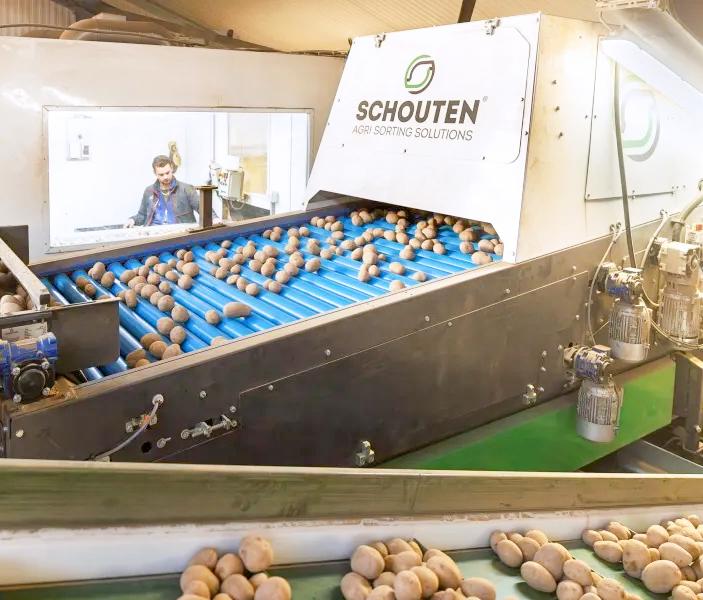
Tolsma-Grisnich, Invaro Group forge partnership in optical sorting technology
NETHERLANDS – Tolsma-Grisnich and the Invaro Group announced a collaboration starting May 1, 2024, to enhance optical sorting technology for potatoes and onions.
This partnership will see Tolsma-Grisnich managing global sales and services for Schouten Optica Q and Optica CS, while the Invaro Group focuses on improving and manufacturing these machines.
Both companies are renowned in the agricultural sector, and their joint expertise is expected to deliver innovative solutions that improve efficiency and quality for growers and processors.
Notable Invaro Group professionals, Bram Jansen and Jaap Haaksema, will join Tolsma-Grisnich’s sales network to provide better customer support. The Schouten Optica machines will enhance Tolsma-Grisnich’s offerings, boosting sorting capabilities and productivity.
Meanwhile, adverse weather conditions in Europe have delayed potato planting. Heavy rains have particularly impacted Holland and Belgium, while Germany and France have planted about a quarter of their processing crops.
The UK faces similar delays, with slow growth rates, and Ireland is experiencing dwindling potato stocks due to wet conditions hindering planting. Despite these challenges, the agricultural industry remains hopeful, driven by innovative collaborations like that of Tolsma-Grisnich and the Invaro Group.
APR/JUNE 2024 | FRESH PRODUCE MEA WWW.FRESHPRODUCEMEA.COM 54
SUPPLIER NEWS & INNOVATIONS
Somos Hijolusa
leads
Spanish potato, horticulture industry with USD 213.6M revenue surge
SPAIN – Somos Hijolusa, a leading entity in Spain's potato and horticulture sector, reported over EUR 200 million (USD 213.6 million) in revenue for 2023.
Formerly known as Potatoes Hijolusa, Alicante Agrícola Villena, and Natuber, the company has modernized facilities and introduced new products through an investment exceeding EUR 20 million (USD 21.36 million). This growth is driven by principles of guarantee, innovation, nutrition, sustainability, and global engagement, significantly bolstered by the involvement of Proa Capital.
The strategic partnership with Proa Capital has enhanced research, development, and technological

advancements, solidifying Somos Hijolusa's national and international market position.
The company's logistical and production facilities, spread across various regions, support its geographic and product range expansion. Employing over 800 professionals, with 60% being women, the group
emphasizes environmental protection and sustainable development.
Challenges ahead include leveraging synergies, retaining talent, and supporting farmers. Committed to its values, Somos Hijolusa strives for excellence in the agri-food industry amidst these challenges.
Astrid Maersk makes historic green methanol bunkering debut in Shanghai

CHINA – Maersk achieved a significant milestone with the arrival of its methanol-powered vessel, Astrid Maersk, at Shanghai's Yangshan port for its inaugural green methanol bunkering in China.
This event, facilitated by the Shanghai International Port Group (SIPG), underscores Maersk's dedication to
decarbonizing maritime transportation and its robust collaboration with Chinese trade stakeholders.
Maersk CEO Vincent Clerc emphasized the company's century-long commitment to global supply chains and significant investments in China's trade infrastructure.
He highlighted the deployment of
methanol-enabled vessels in the AsiaEurope trade as a testament to Maersk's heritage and the onset of a new era of strong collaborations aimed at advancing the energy transition.
SIPG Chairman Jinshan Gu expressed enthusiasm for the partnership with Maersk in achieving decarbonization goals, marking the first green methanol bunkering operation in Shanghai as a key milestone.
The journey of Astrid Maersk, from Yokohama to Shanghai, represents progress in establishing green methanol infrastructure. Silvia Ding, Managing Director of Greater China at Maersk, celebrated the milestone as evidence of Maersk's commitment to sustainability, innovation, and long-term value creation in global logistics.
APR/JUNE 2024 | FRESH PRODUCE MEA WWW.FRESHPRODUCEMEA.COM 55
Hapag-Lloyd launches new dry container tracking product
GERMANY – Hapag-Lloyd has launched Live Position, a dry container tracking system providing customers with complete shipment location transparency.
As the first to implement fleet-wide tracking, over two-thirds of HapagLloyd's containers are already equipped, aiming for full coverage by summer.
COO Maximilian Rothkopf highlighted that Live Position enhances service quality and simplifies transactions, aiding real-time decisionmaking and efficient fleet management.
Head of Global Commercial Development Henrik Schilling emphasized customer integration and arrival time estimates as future improvements.
This launch aligns with Hapag-

Lloyd's Strategy 2030, which focuses on quality, sustainability, innovation, and efficiency.
Key areas include strengthening core liner business, expanding terminal and inland transport, aiming for top-five global container line status, improving on-time delivery rates, reducing
greenhouse gas emissions, and achieving net-zero fleet operations by 2045.
Strategy 2030 is deemed HapagLloyd’s most ambitious, aiming to bolster operations and infrastructure while committing to sustainability and leveraging advanced IT solutions to optimize productivity and costs.
TOMRA Food launches new horticultural processing center in Valencia, Spain

SPAIN – TOMRA Food has inaugurated a new center in Valencia, enhancing its service for fresh fruit and processed food projects.
Positioned near major horticultural regions, this facility enables direct customer engagement and signifies TOMRA’s commitment to the EMEA market.
Under the leadership of Harald Henriksen and Karel Strubbe, TOMRA aims for closer client collaboration and quicker, quality communication.
The Valencia center emphasizes TOMRA’s partnership approach, focusing on tailored solutions and
robust relationships with local producers, particularly in Spain’s fruit, vegetable, and nut sectors.
The center serves as a hub for demonstrations, training, and aftersales service, with a technical team led by Jorge García Cascales supporting installations across Southern Europe.
It features advanced machines like the Demo SLS and KATO + LUCAi 12-line sorter, showcasing TOMRA’s innovative capabilities.
Alejandro Palacios and Jesus Hernandez highlight the center’s role in demonstrating machine capabilities and driving TOMRA’s goal to become the sales leader in the EMEA region through continuous innovation and exceptional service delivery.
APR/JUNE 2024 | FRESH PRODUCE MEA WWW.FRESHPRODUCEMEA.COM 56 SUPPLIER NEWS & INNOVATIONS







Subscription form
Start-ups and young businesses in sub-Saharan Africa face a myriad of challenges, including lack of access to technology, expertise and networks to grow.
Sales/Marketing
Purchasing/Supply
QA/R&D Process Management
Others

Applicant’s Signature
Date:

At The Nest Africa, we are creating a collaborative facility with new product development labs, production and packaging kitchens and office space for use by start-ups and young companies to facilitate their innovations and growth towards becoming the next big thing. AND WE BELIEVE THAT CONNECTING THEM TO BIG CORPORATES AND FUNDERS IS
TO THEIR SUCCESS
Visit the website and sign up to partner with us today
KEY
Subscribe Name: Company: P.O. Box: Post code: Town: Physical Location: Country: NOTE: An invoice will be generated once we receive this form FOODWORLD MEDIA LTD T/A FW AFRICA PO BOX 1874 - 00621 Village Market, Nairobi, KENYA Tel: +254 20 8155022 | Cell: +254 725 343932 Email: info@fwafrica.net Corporate Website: www.fwafrica.net Keep up to date with the new technologies, trends and investments in the fresh produce sector
KENYA REST OF AFRICA REST OF WORLD 1 year KSh 5,900 USD 120.00 USD 200.00 2 years KSh 11,500 USD 220.00 USD 380.00 Please complete the following details Telephone: Website:
What best describes your main business activity (e.g. horticulture, Fruits, Vegetables) What best describes your job:
CEO, Director General Management
Email:
Chairman,
chain
(specify)
& Stamp:
DETAILS OF SUBSCRIPTION * Fresh Produce Middle East & Africa is published 4 times a year. Prices inclusive of airmail where applicable Would you like us to have a feature on your company? Yes Get your own personal copies Number of copies Number of years






THE CEO SUMMIT ON THE FUTURE OF SUSTAINABLE FOOD SYSTEMS IN AFRICA AFRICA FUTURE FOOD SUMMIT Nairobi, Kenya OCTOBER 24-25, 2024 info@fwafrica.net +254 725 343 932 www.africafuturefoodsummit.com INVESTING IN & FUNDING FOOD ENTERPRISES FOOD INNOVATION FOOD NUTRITION & SUSTAINABILITY FOOD MARKETS, TRADE & LOGISTICS FOOD TECHNOLOGY KEY AGENDA ISSUES WELCOME TO REGENERATIVE AGRICULTURE SCAN ME













































































































































































































